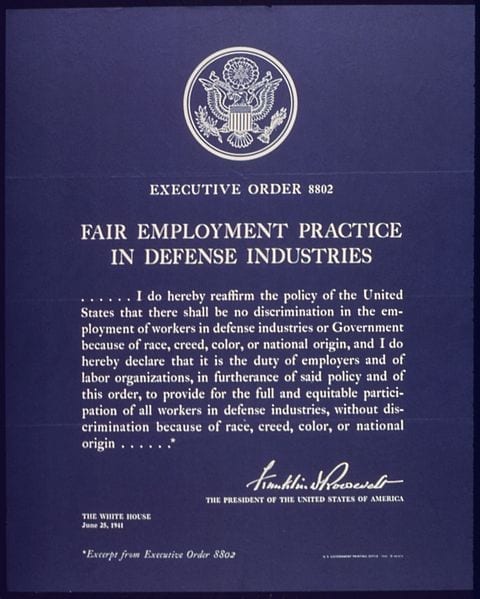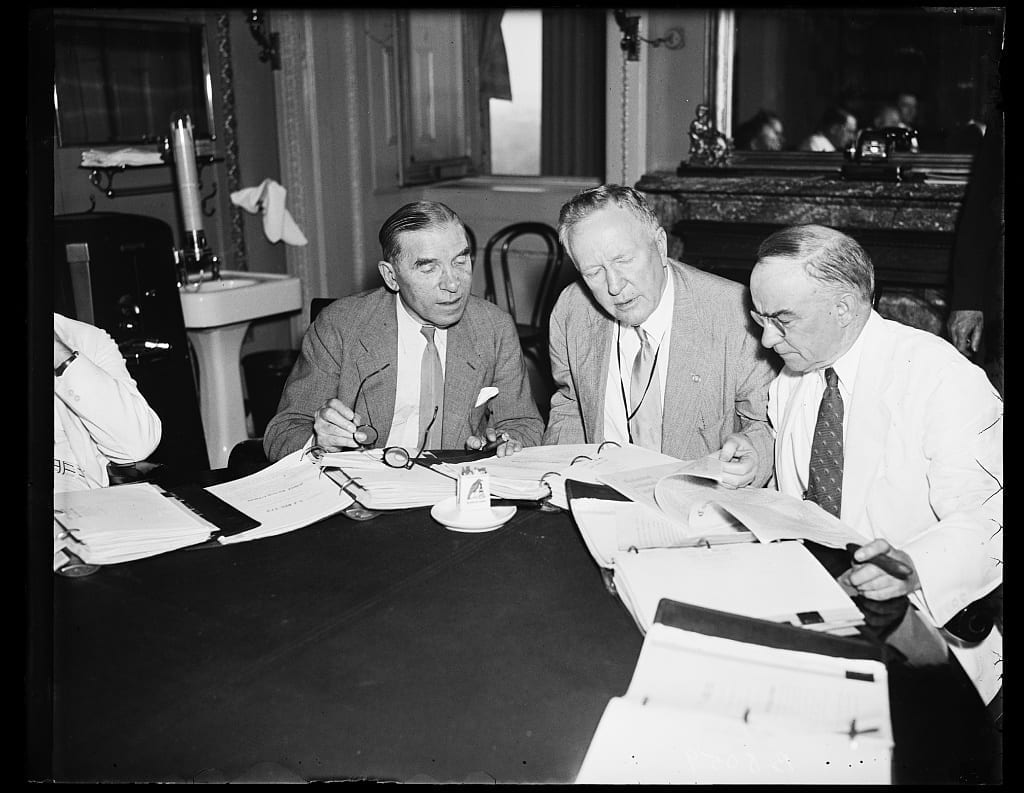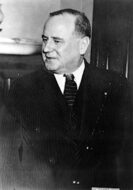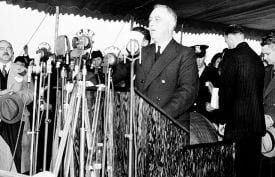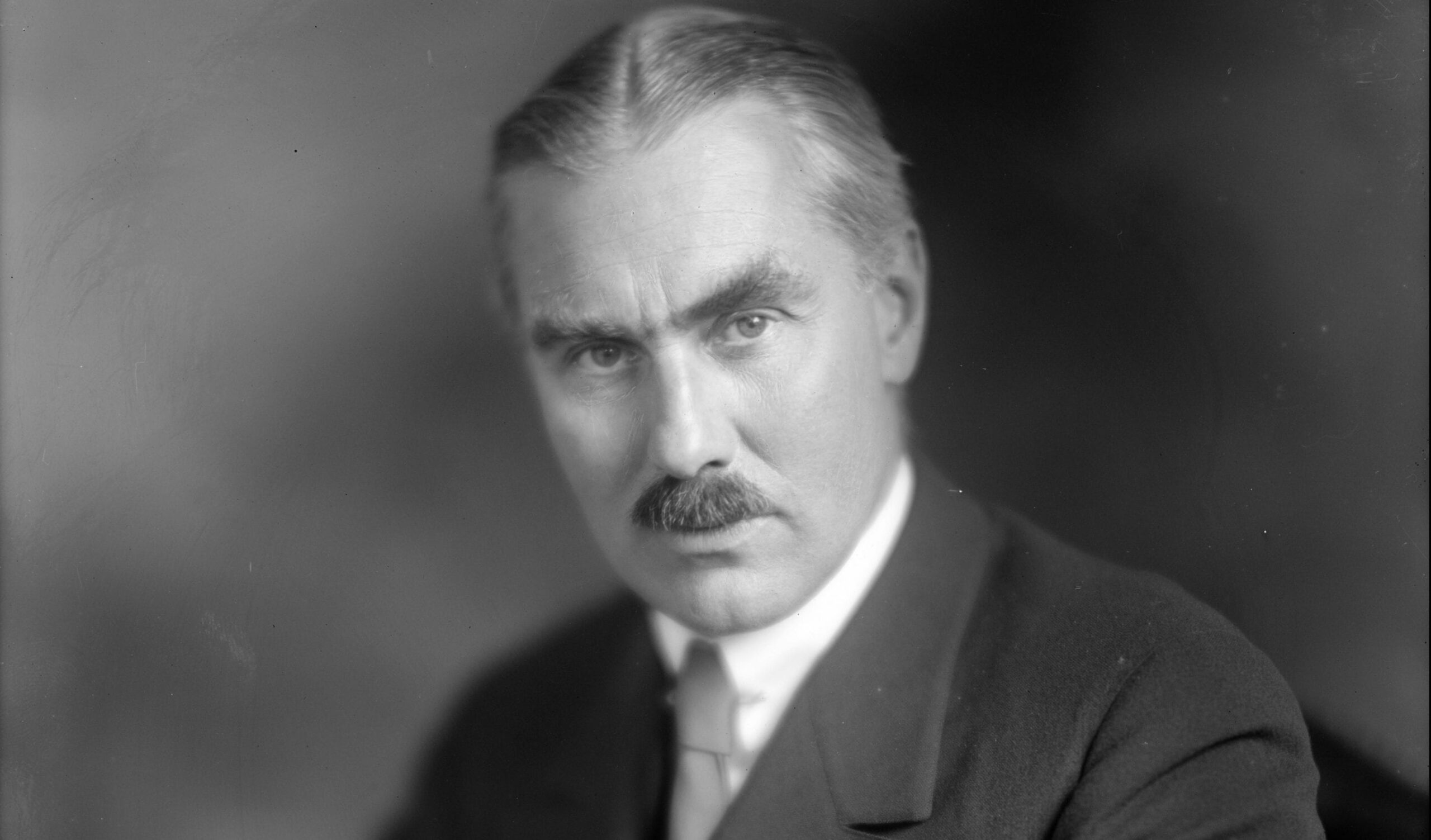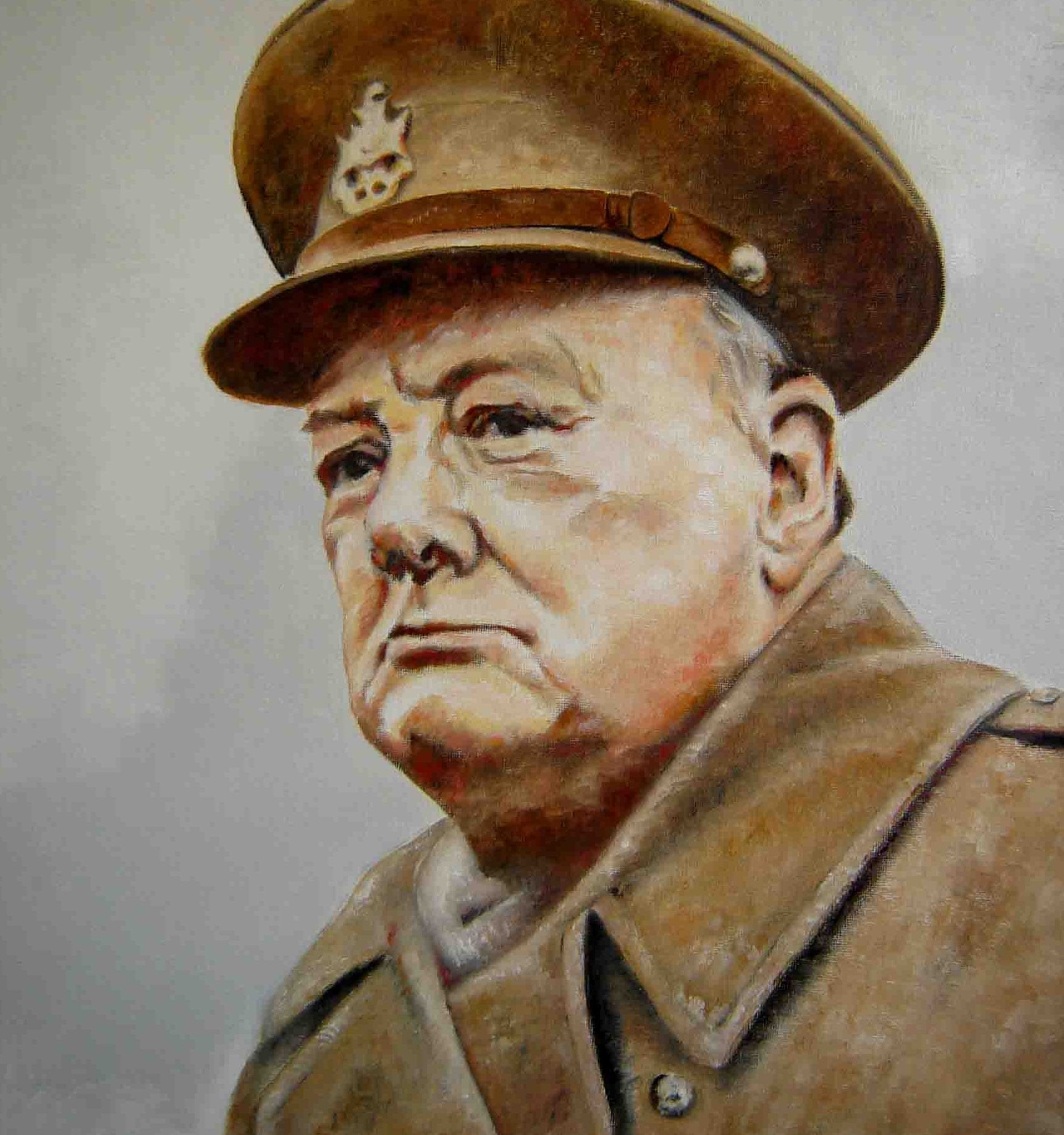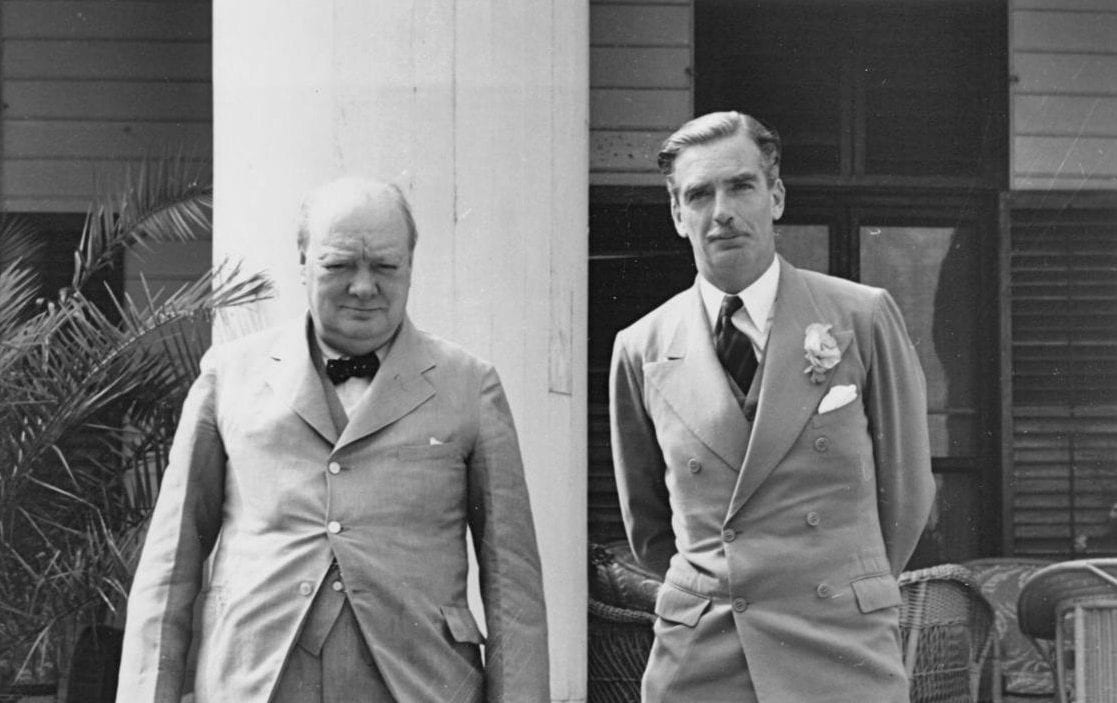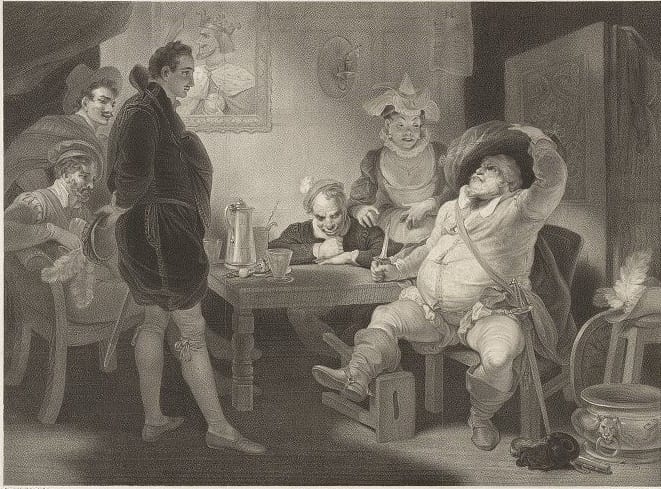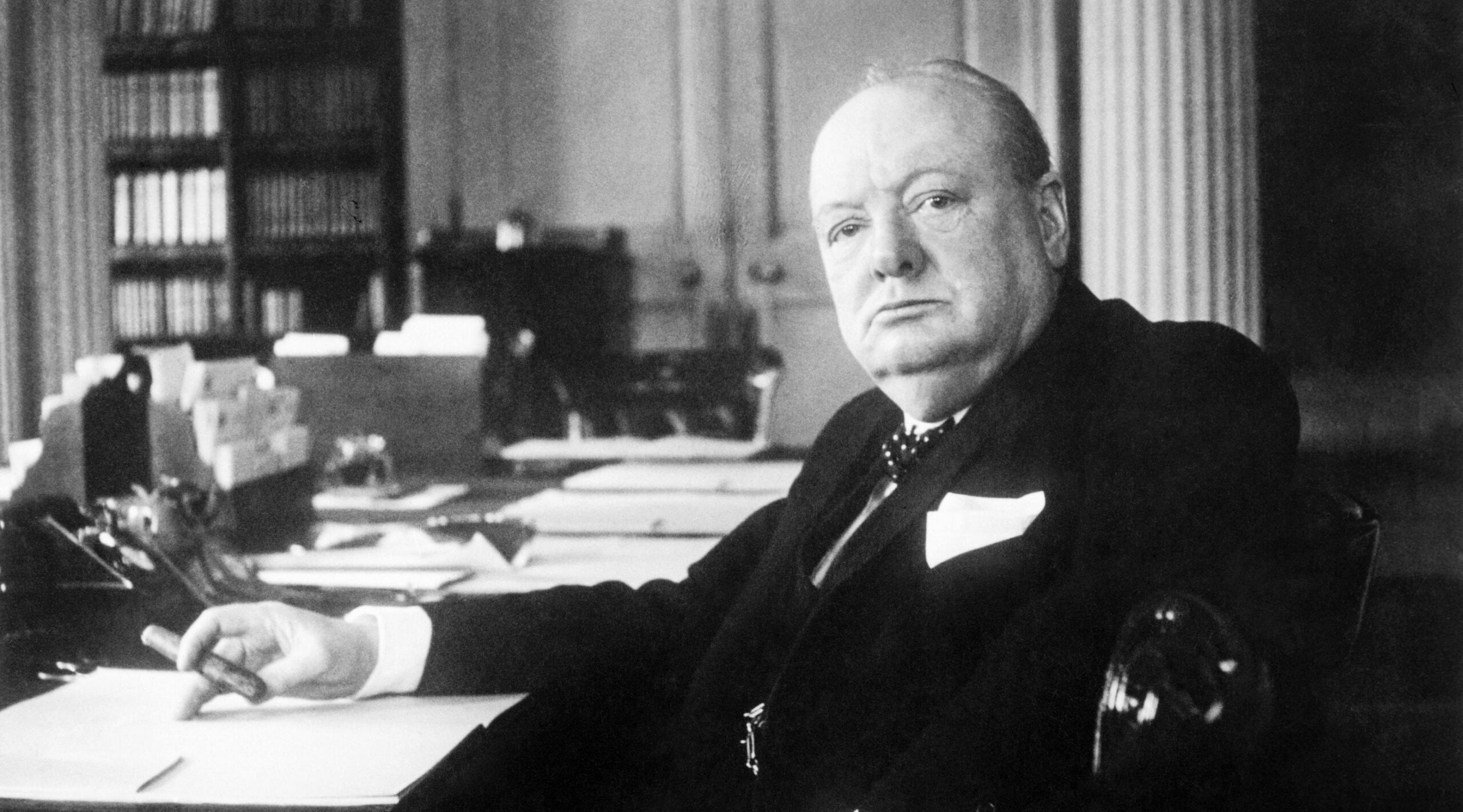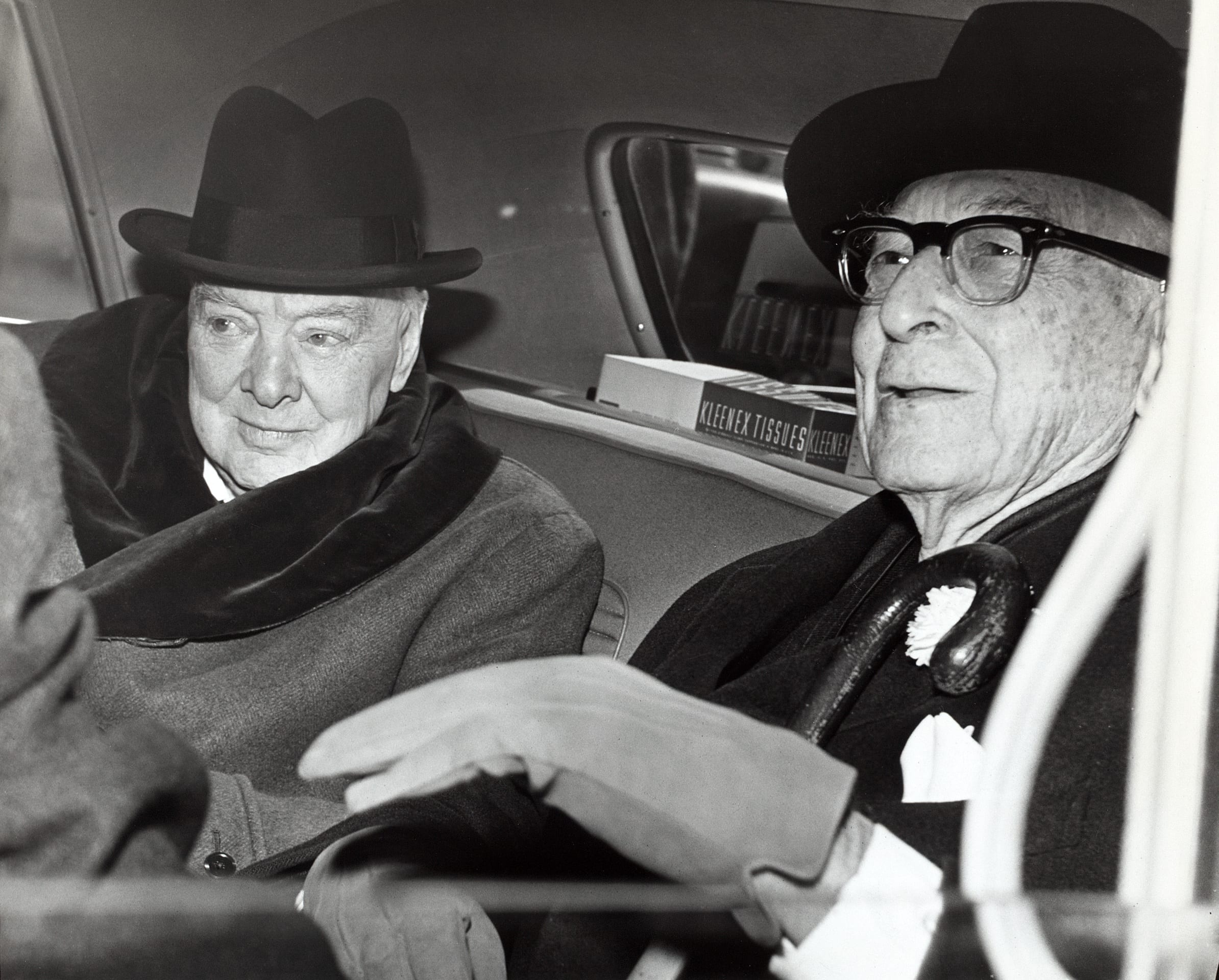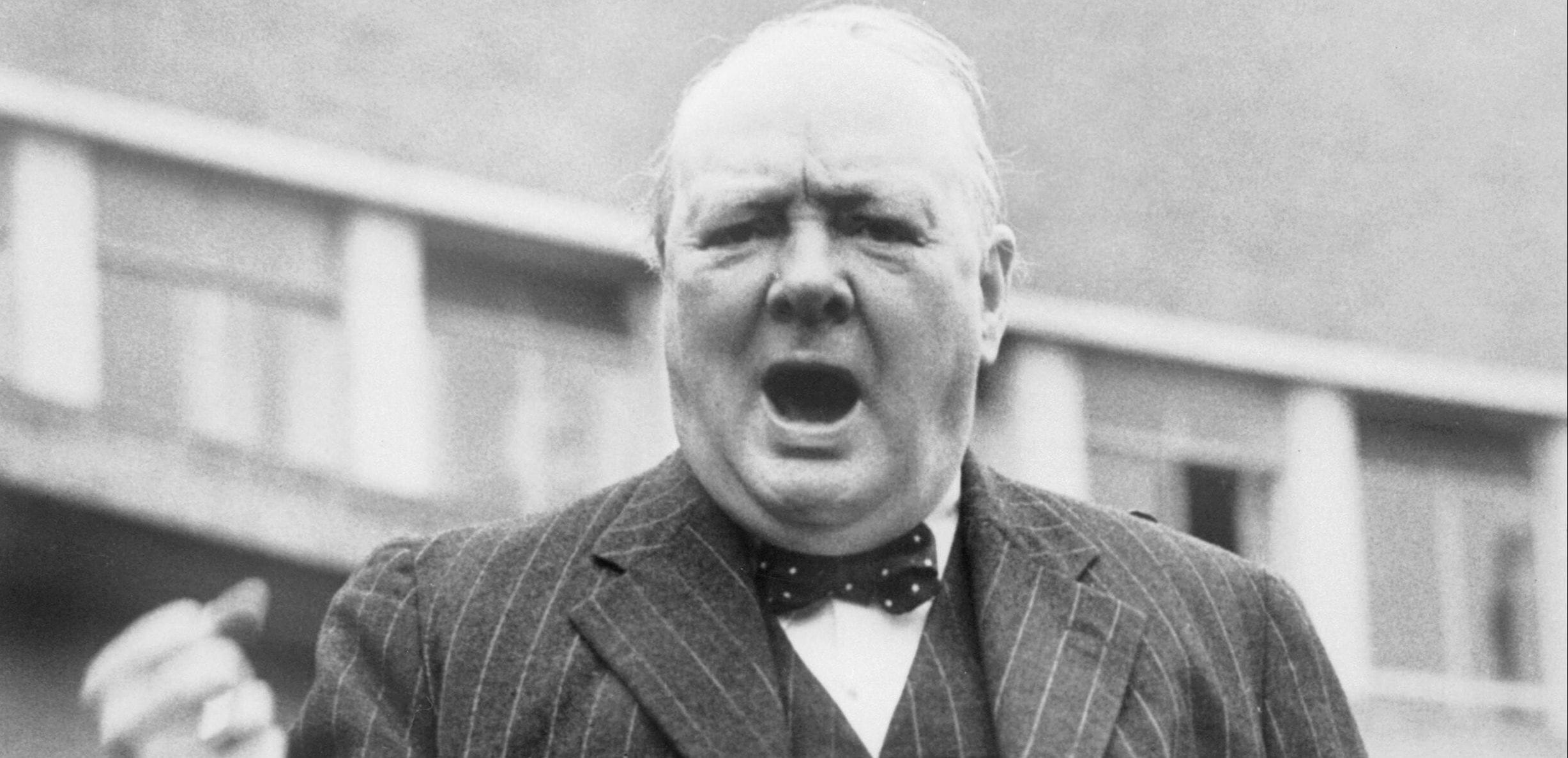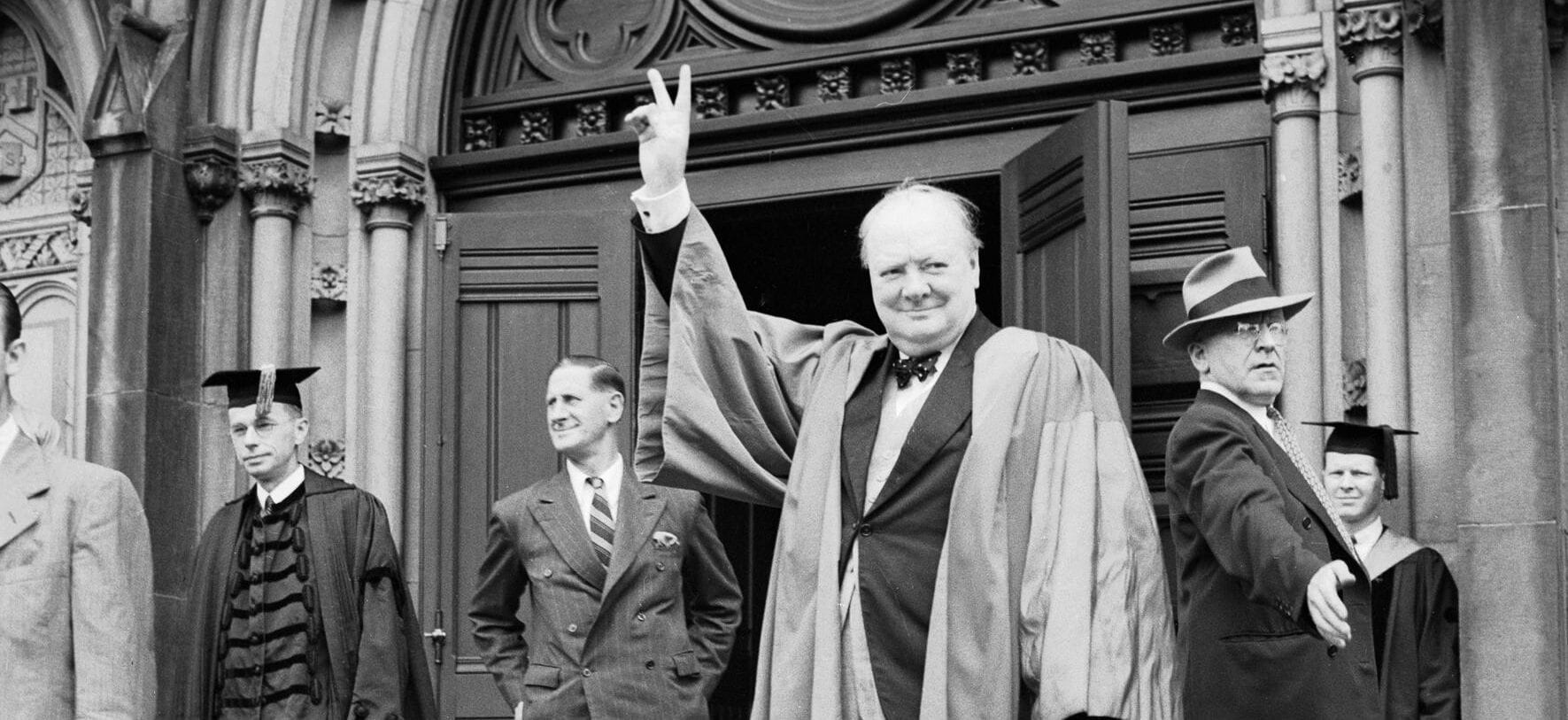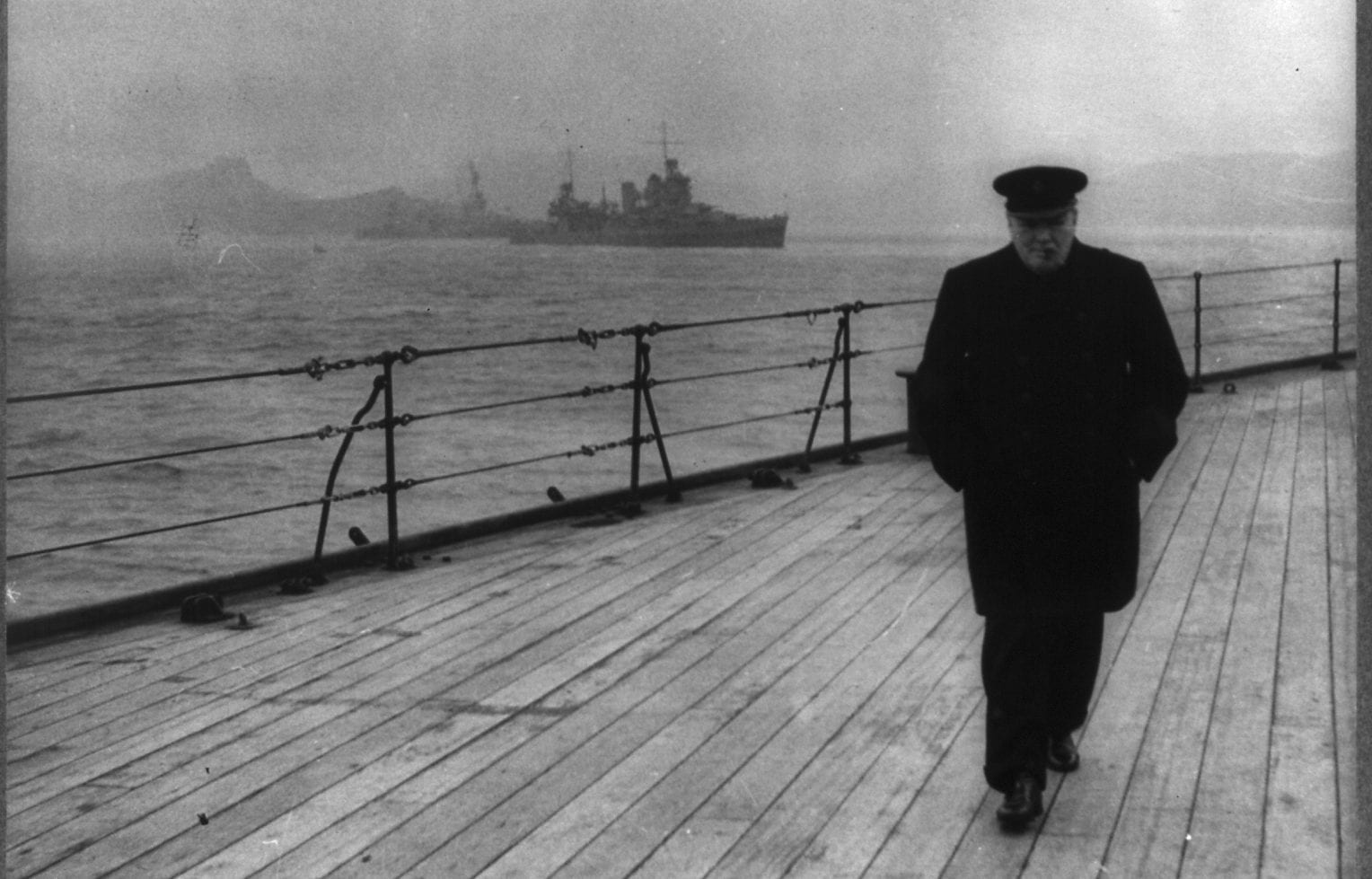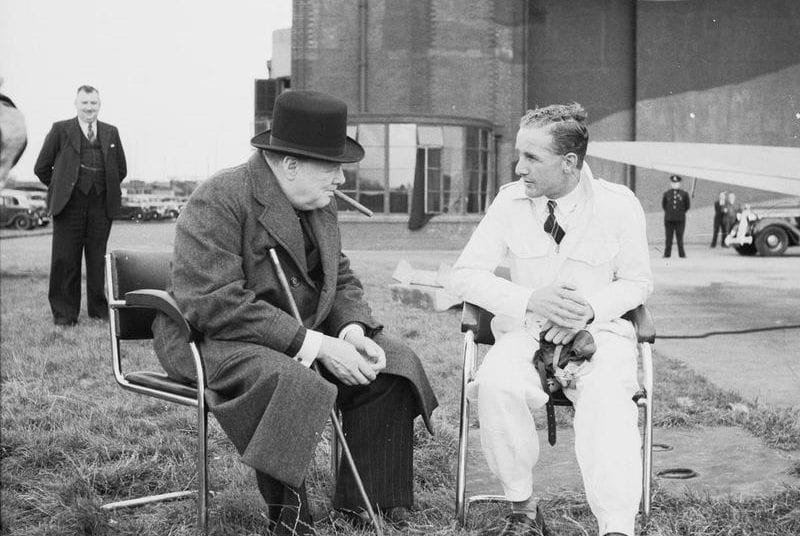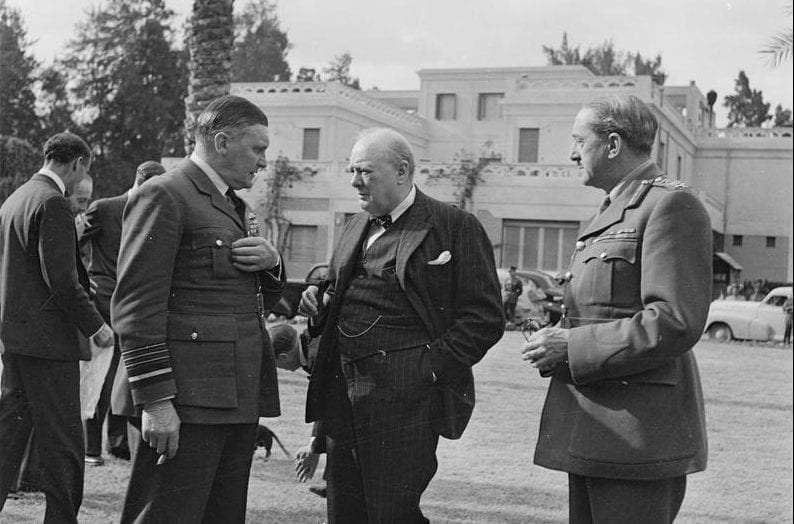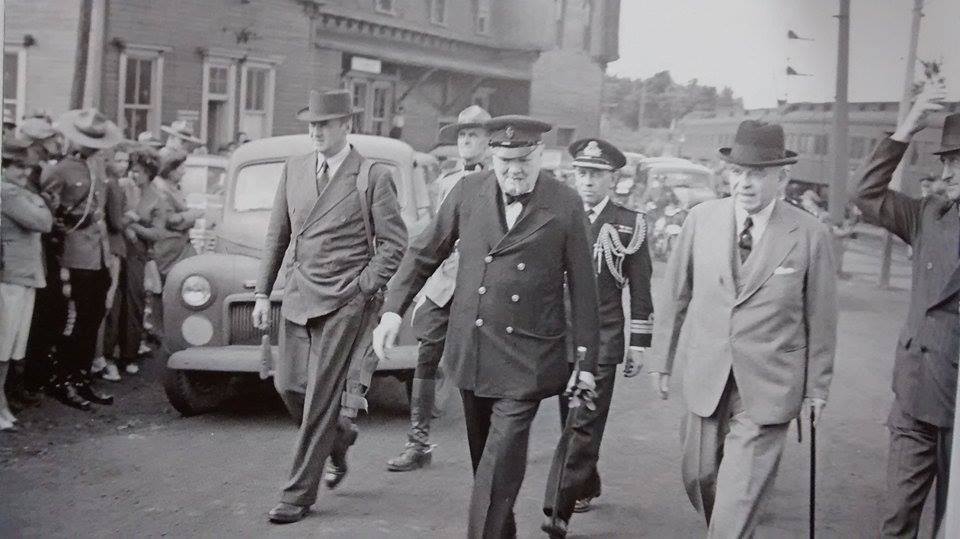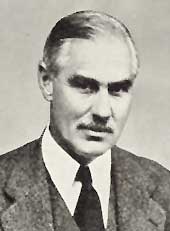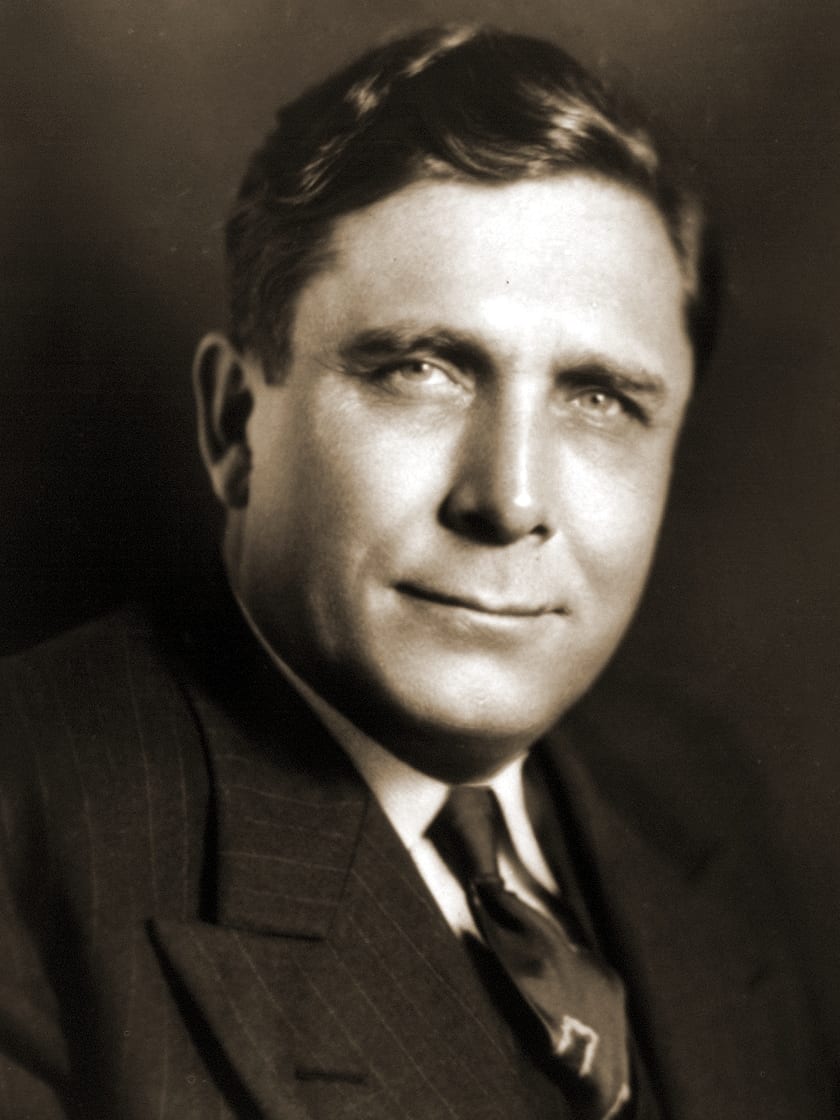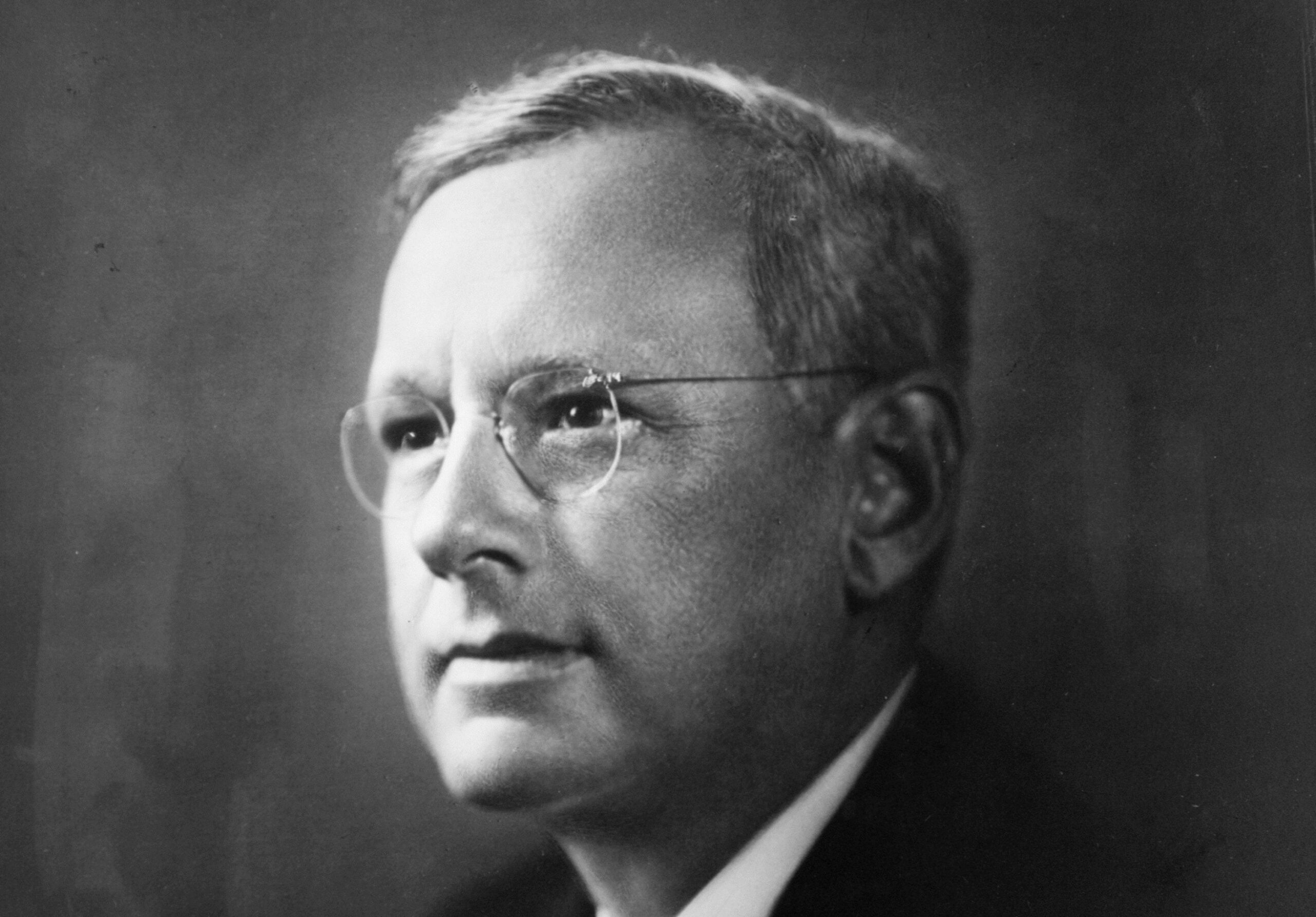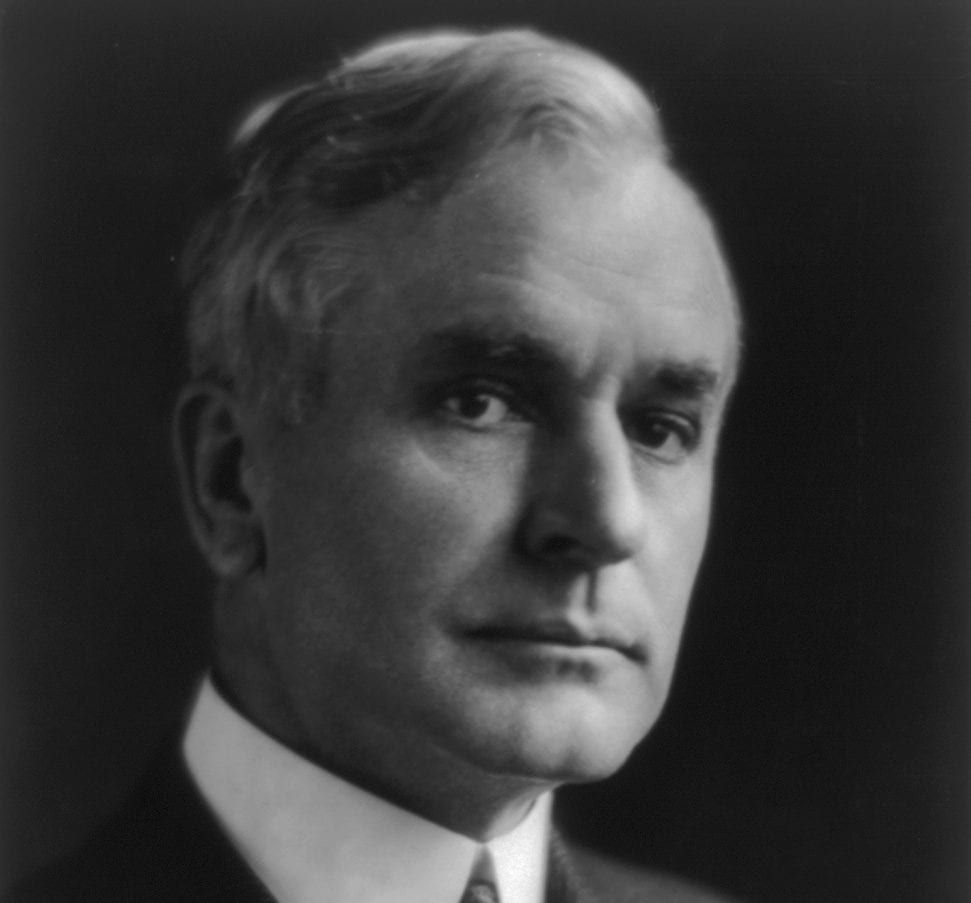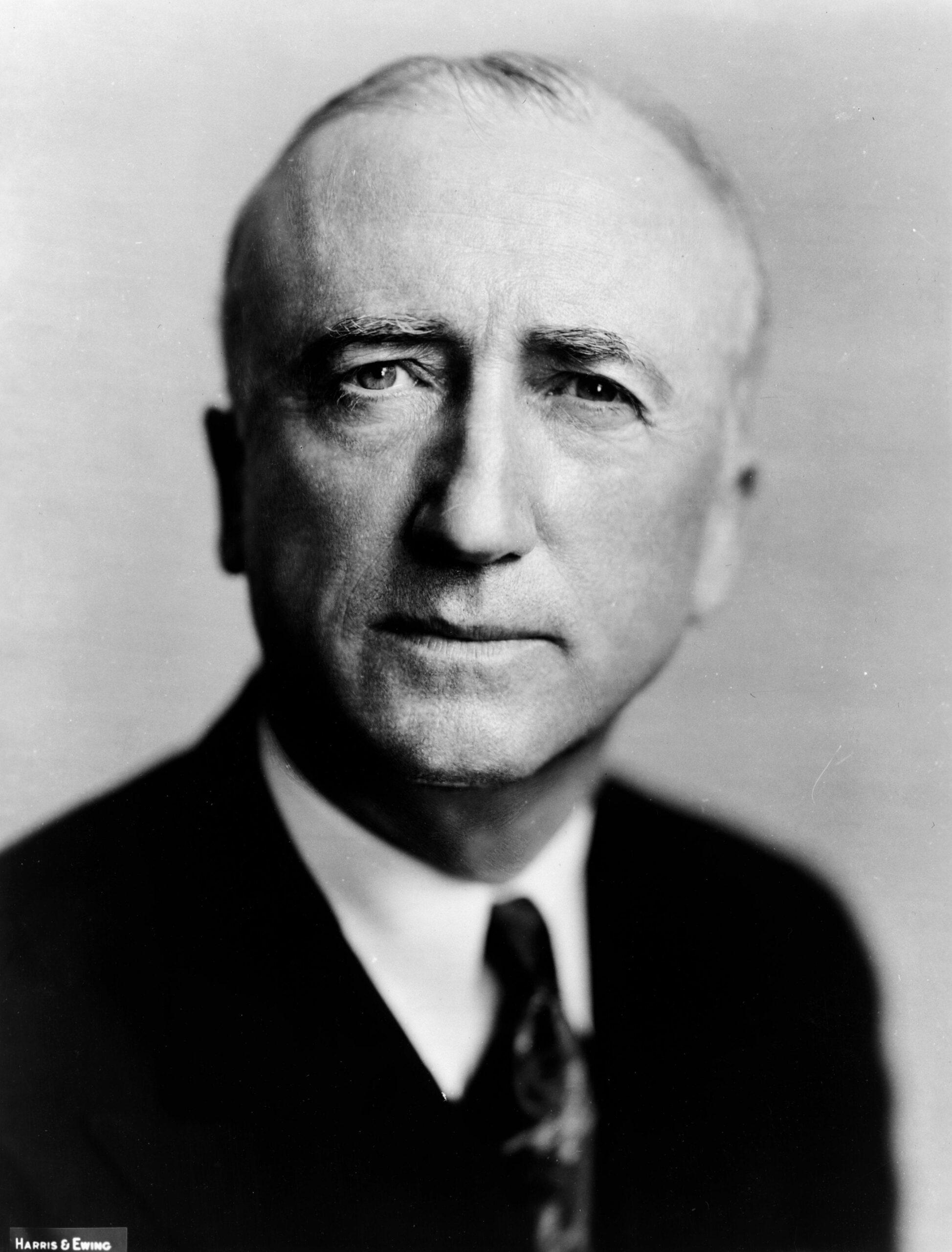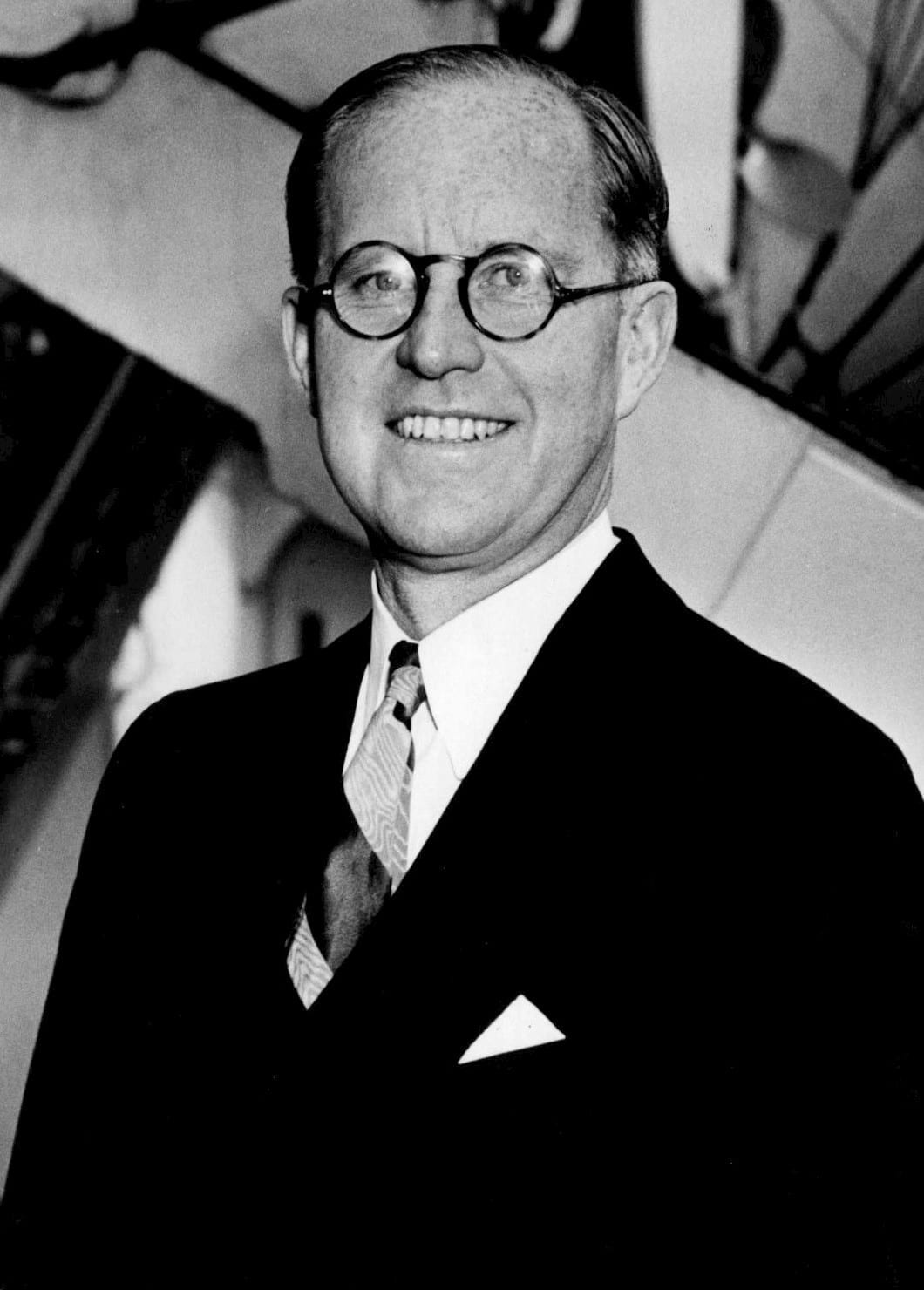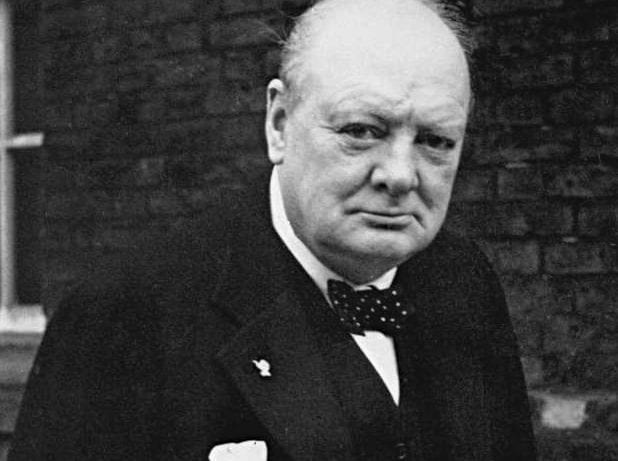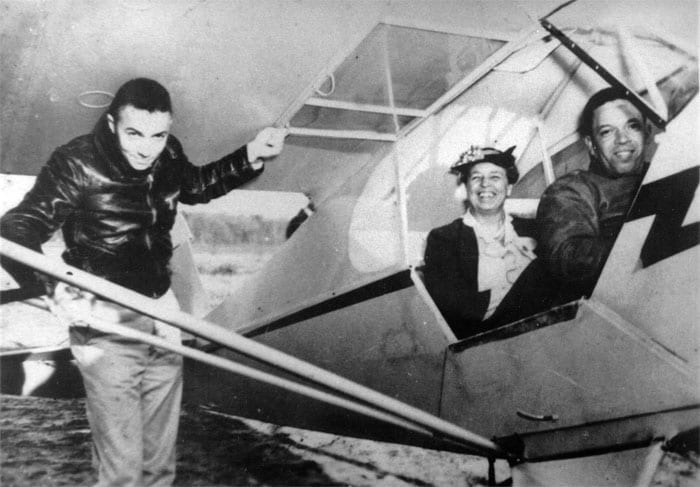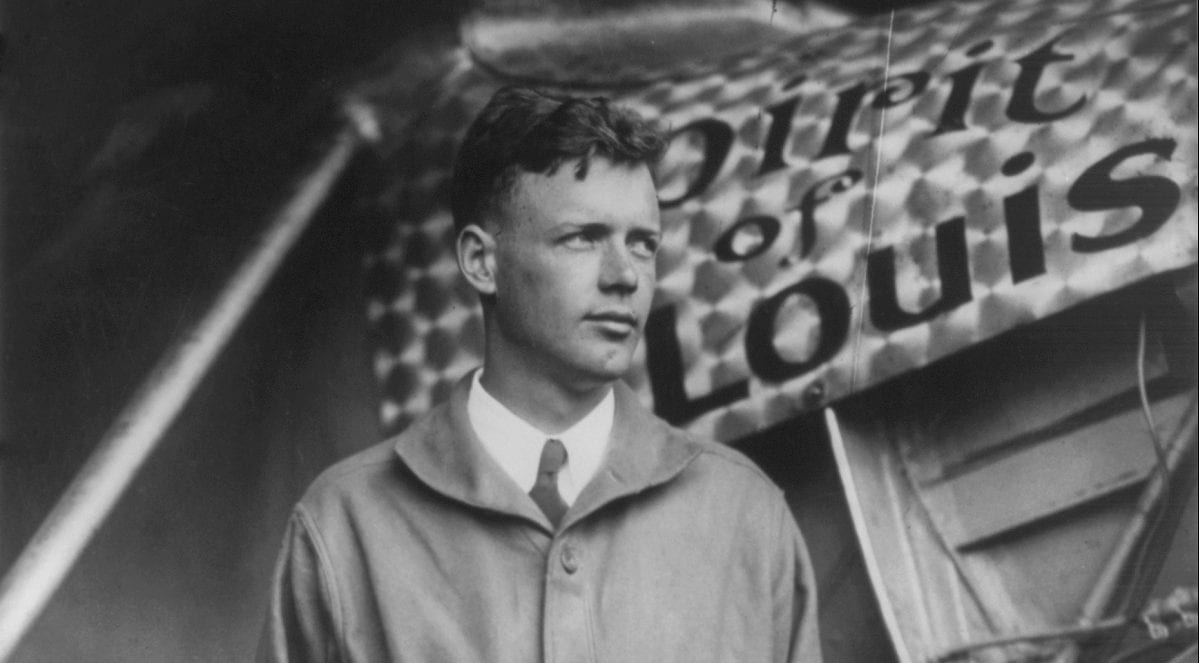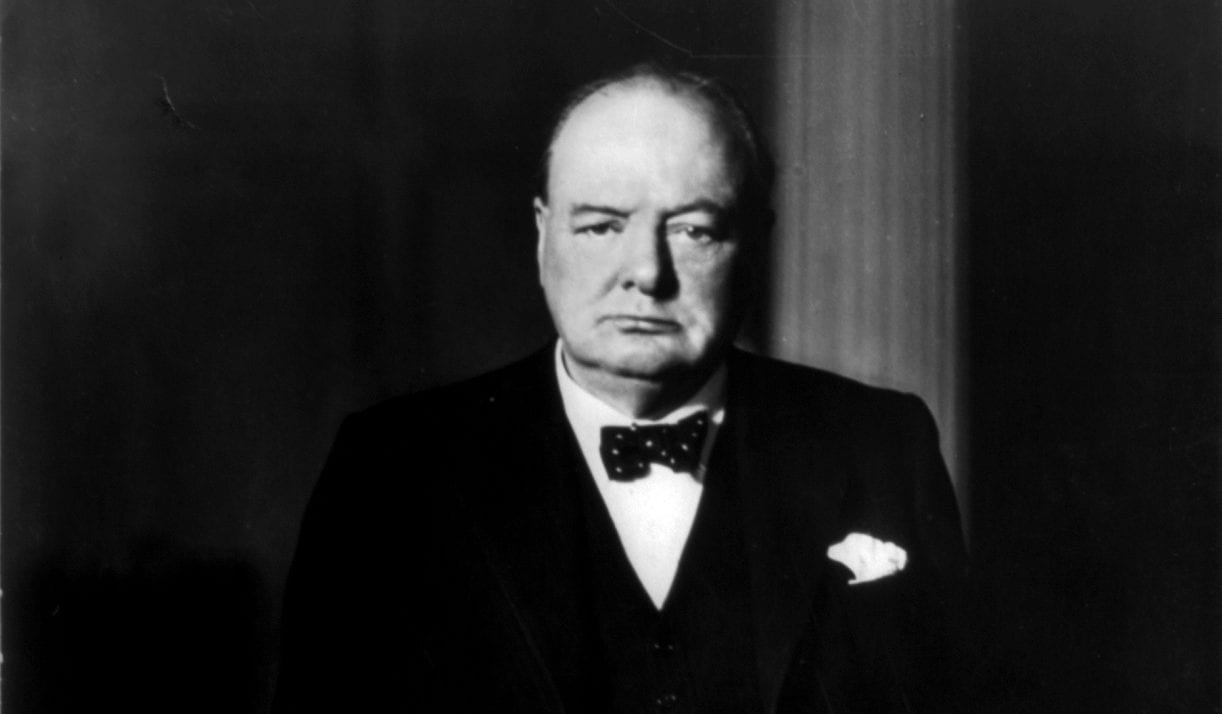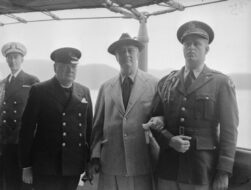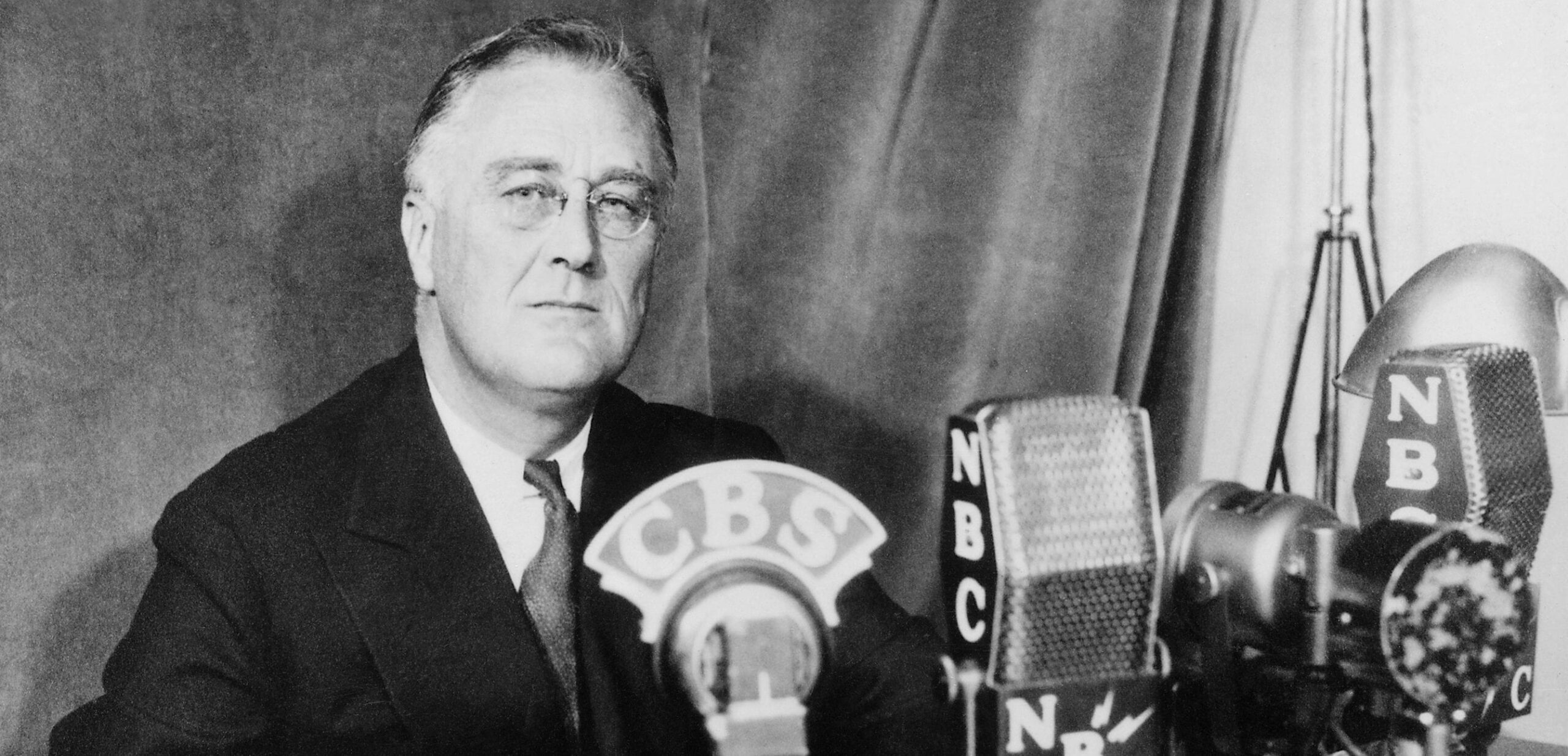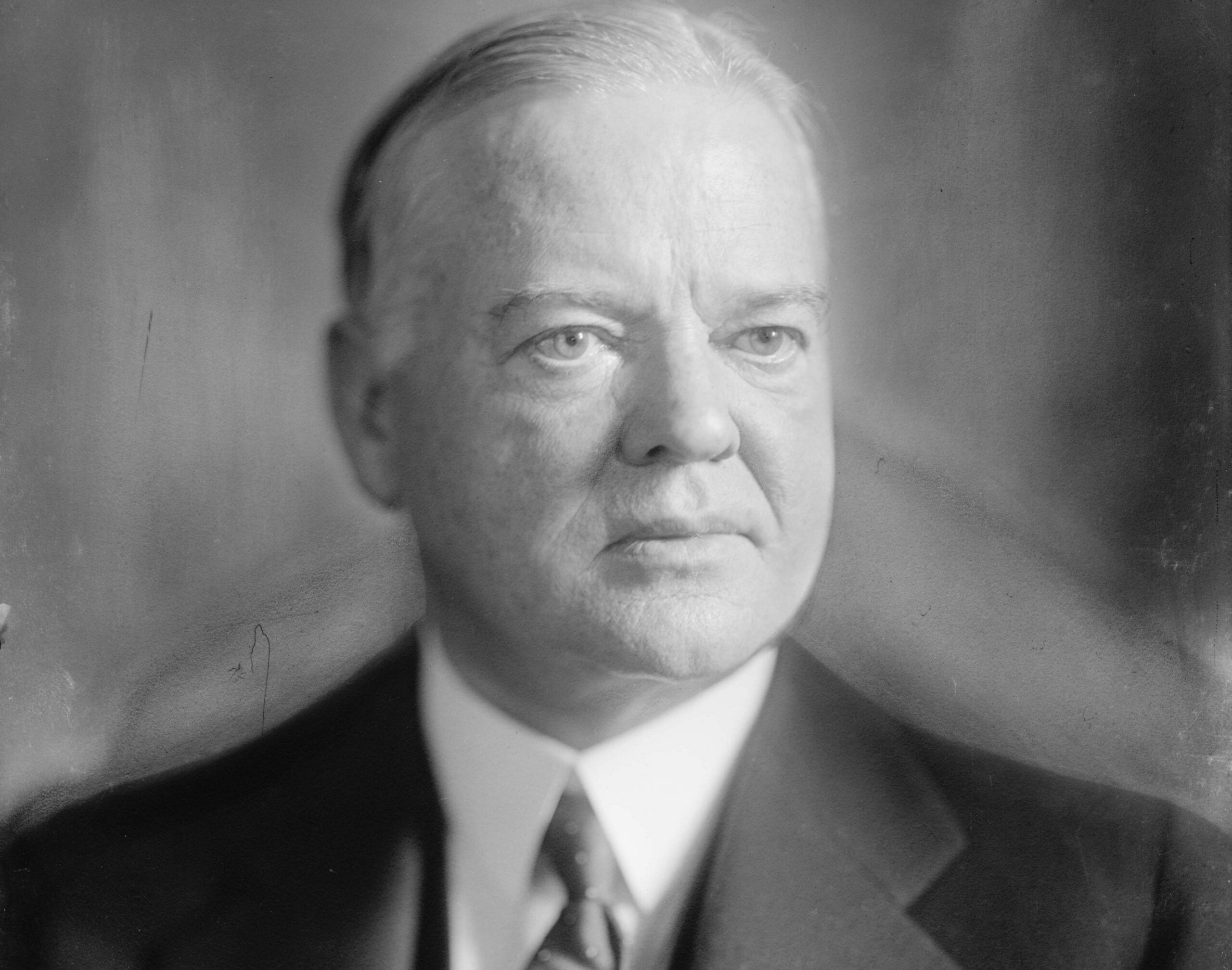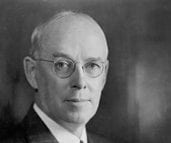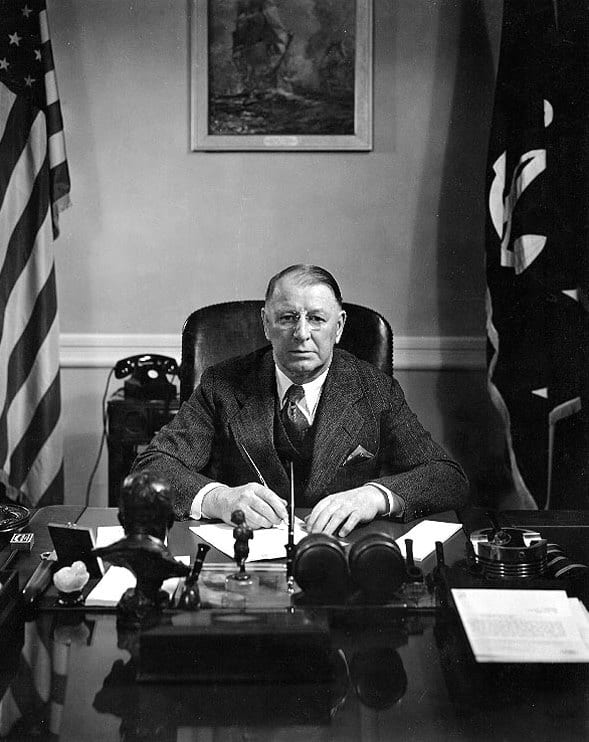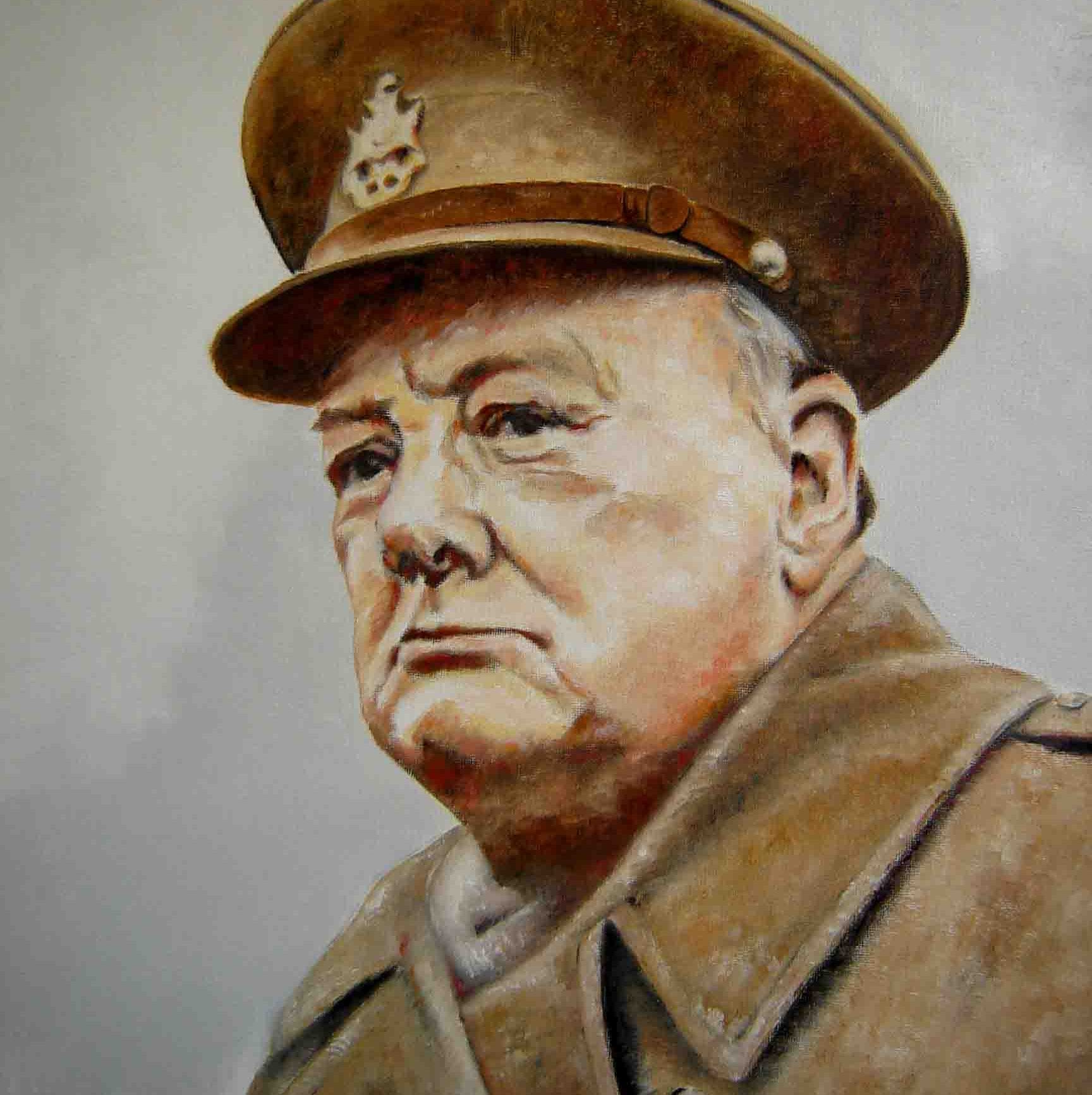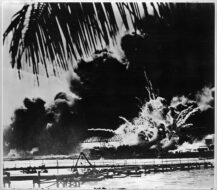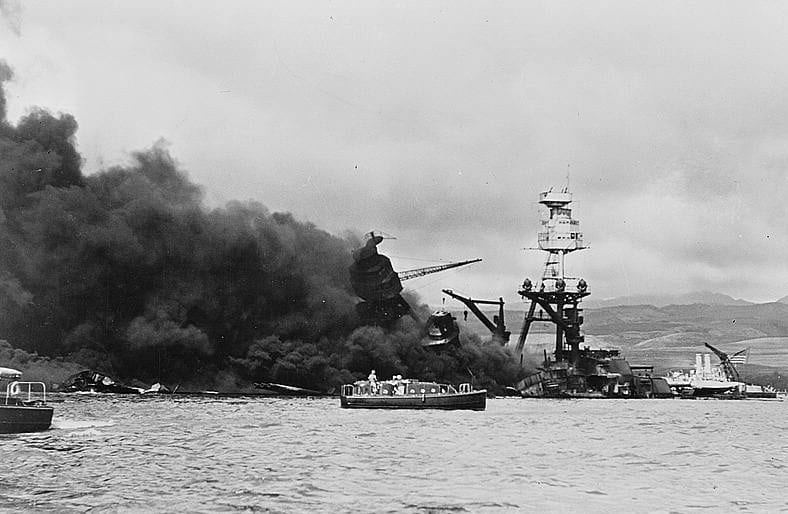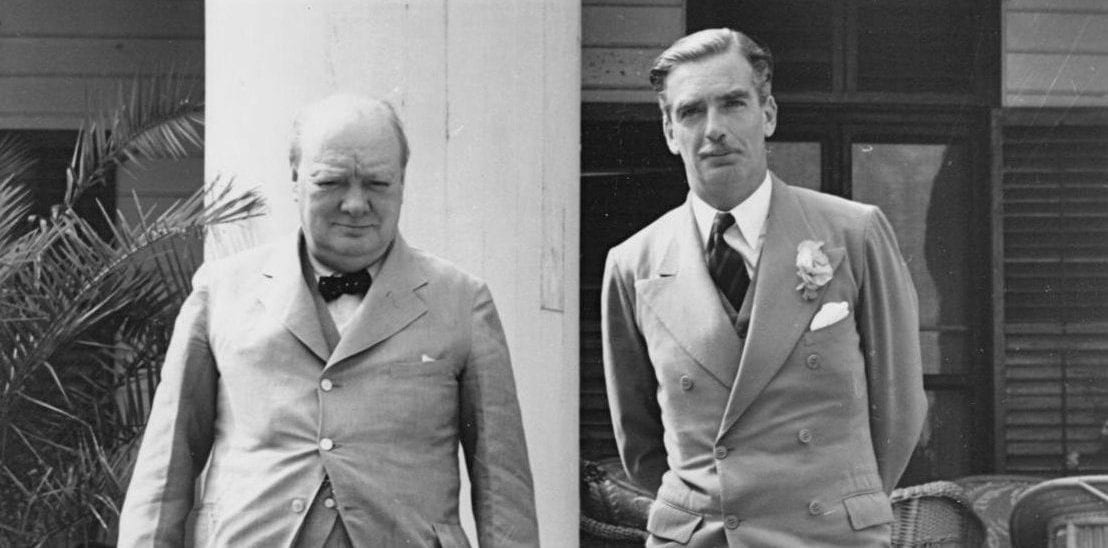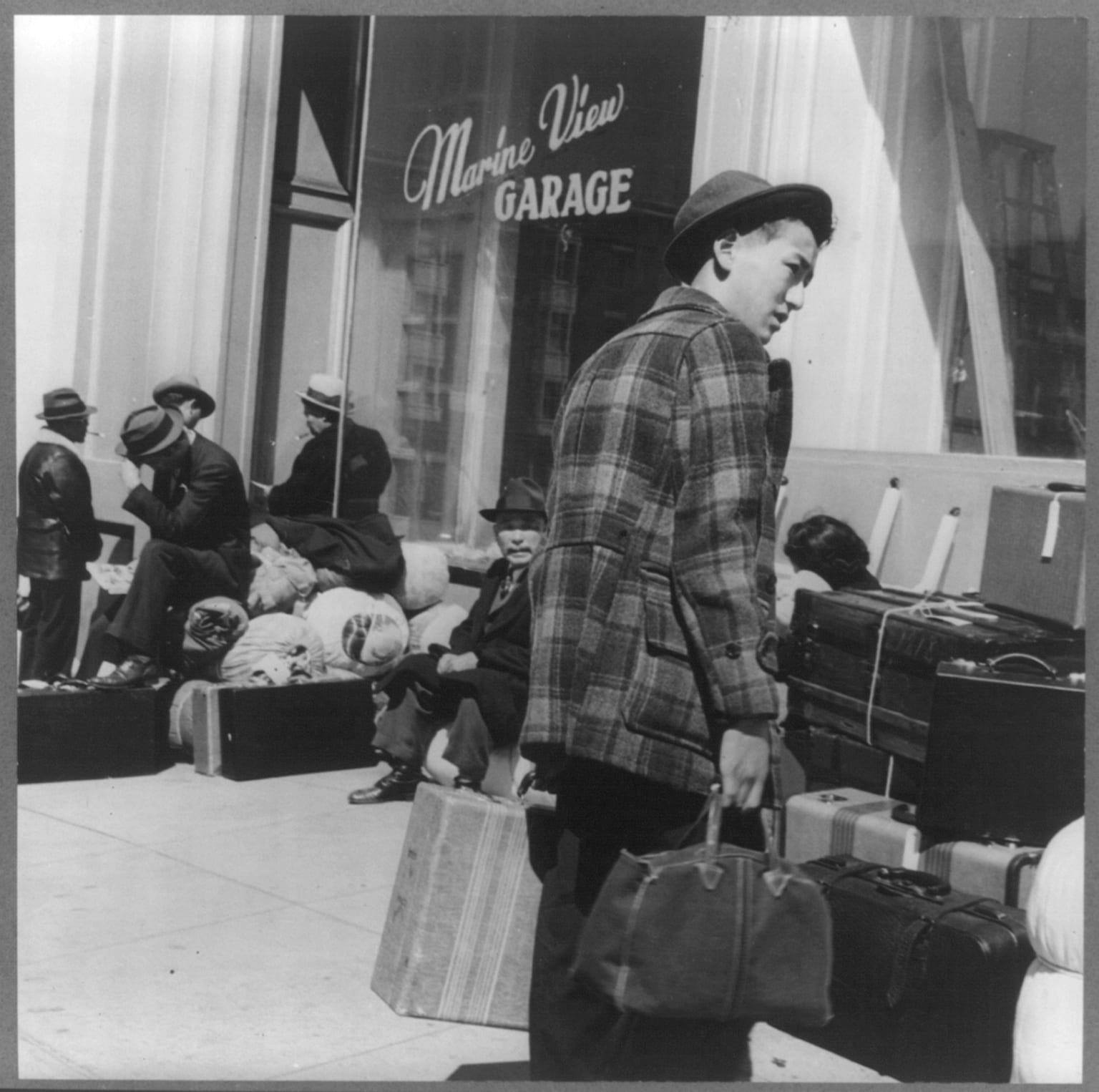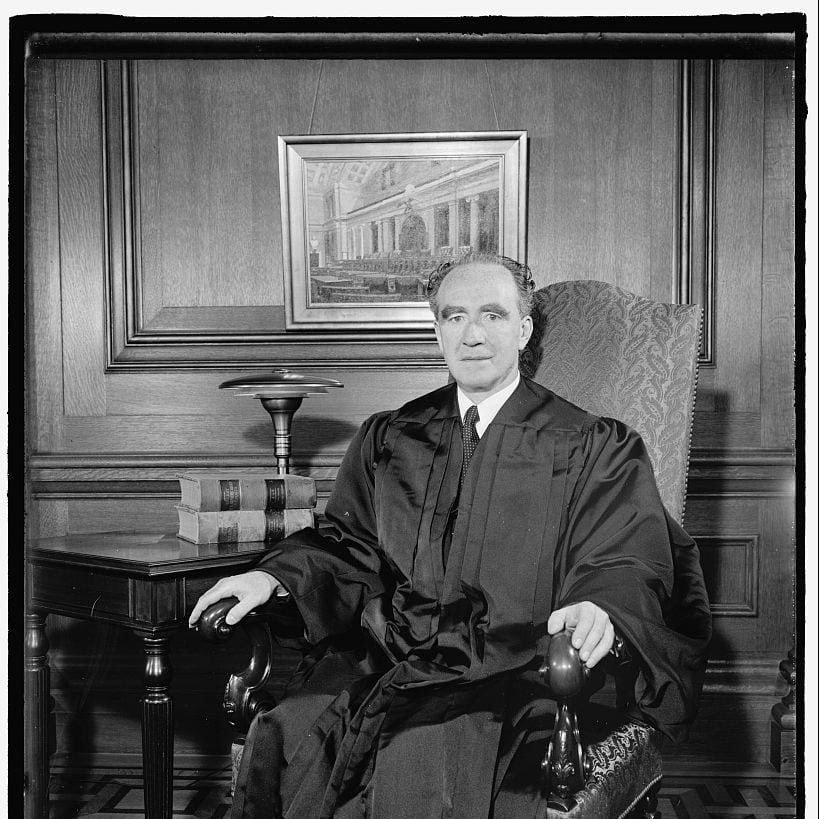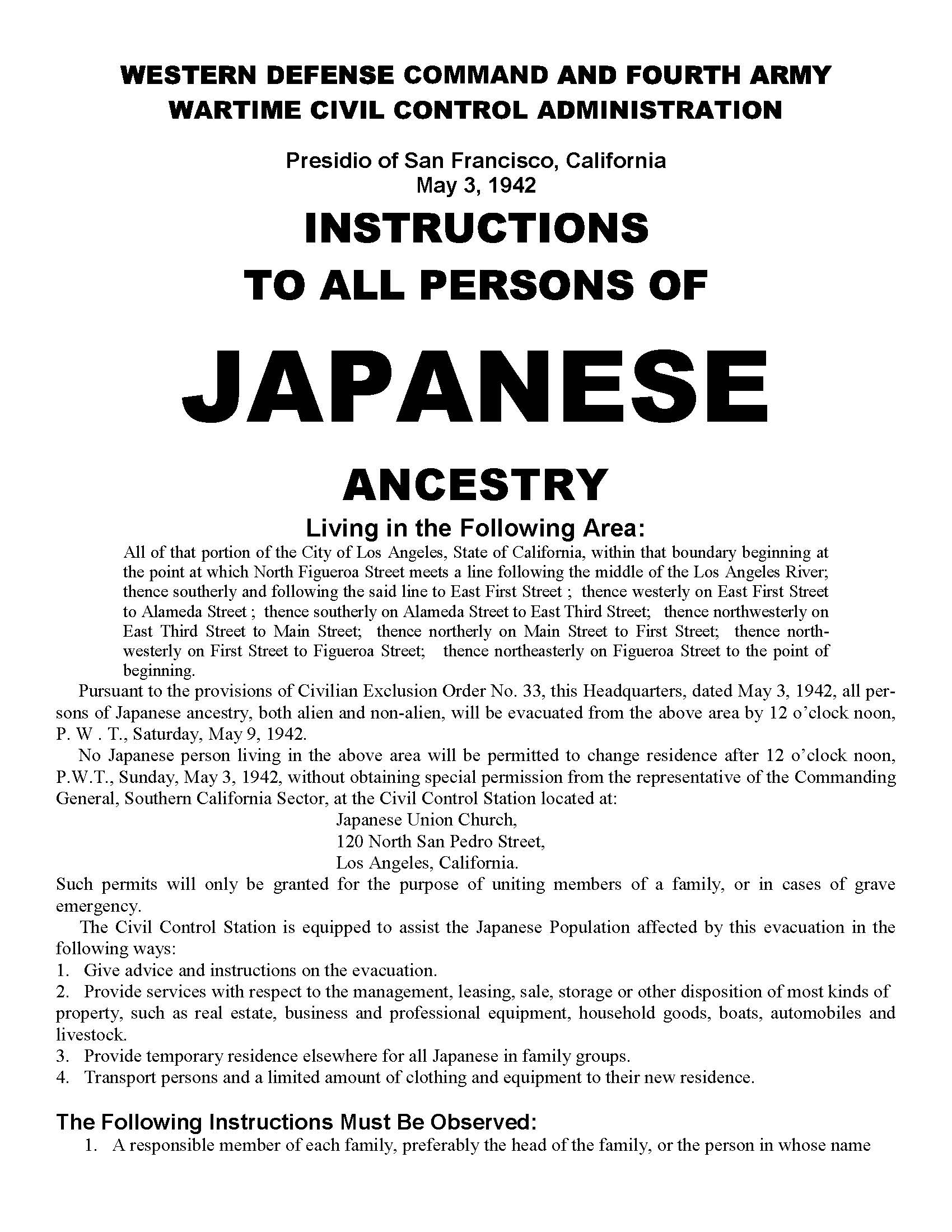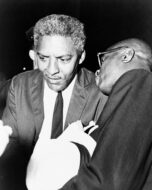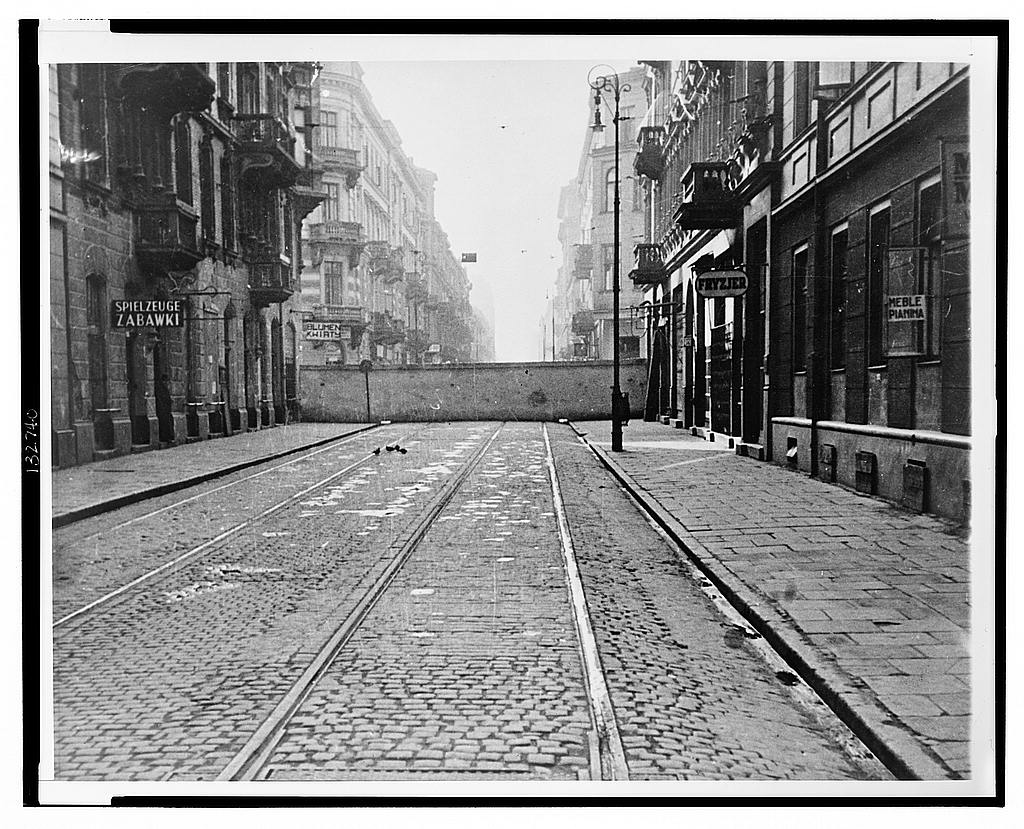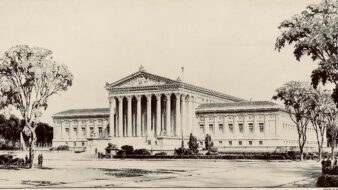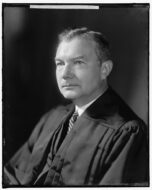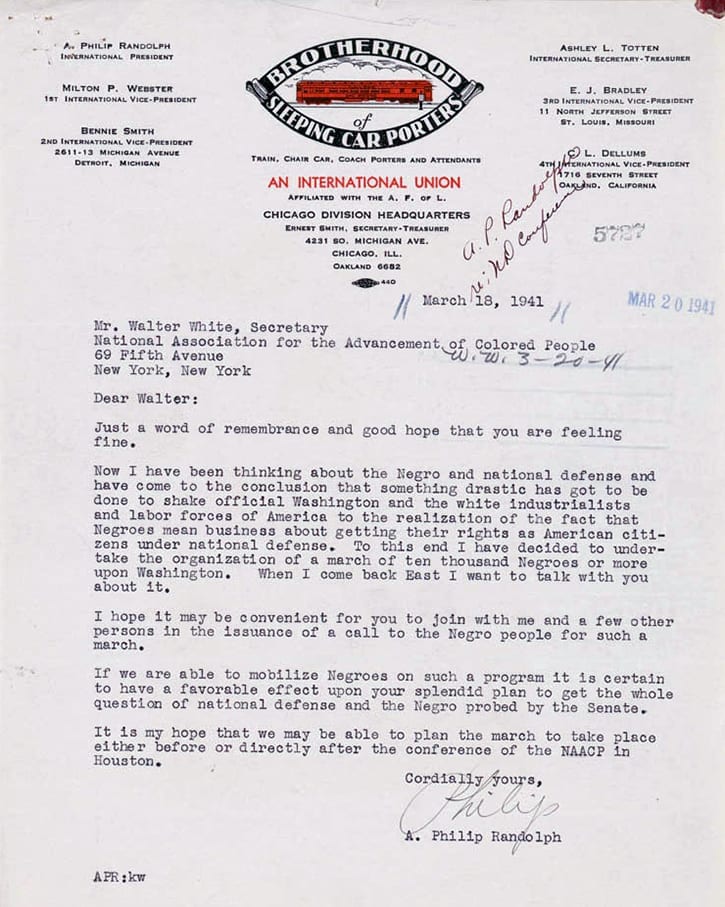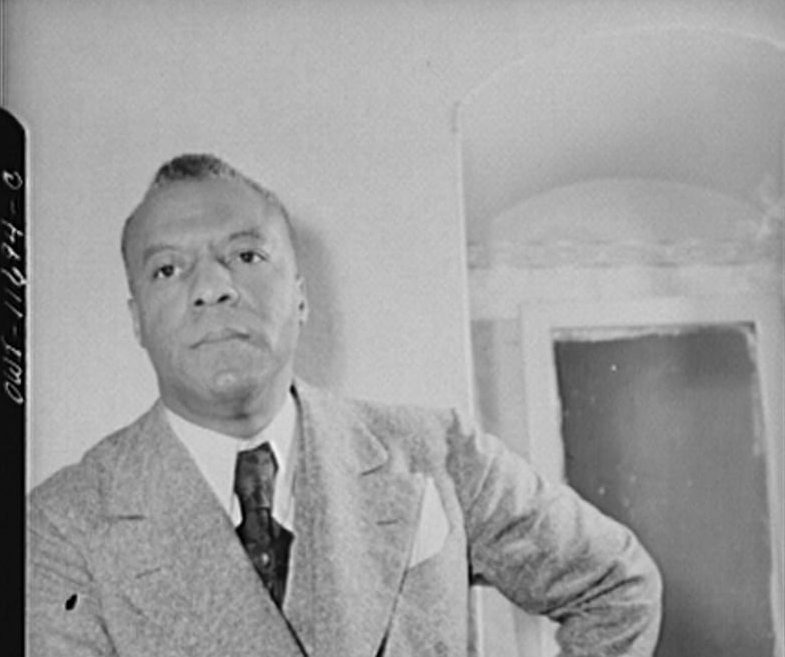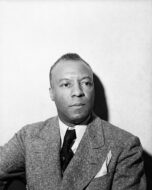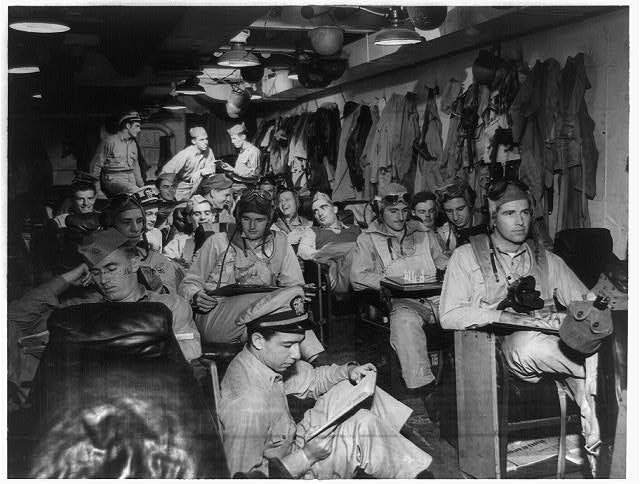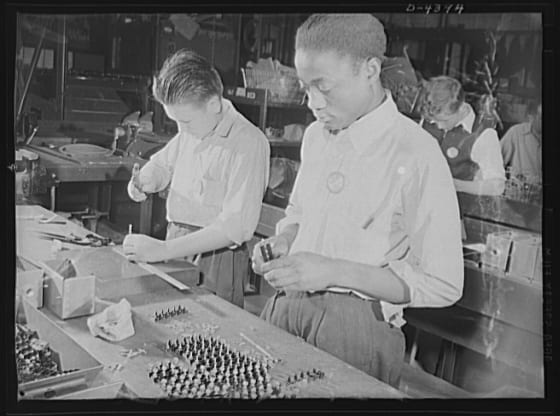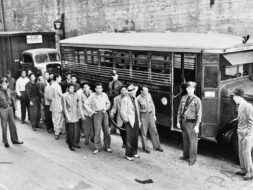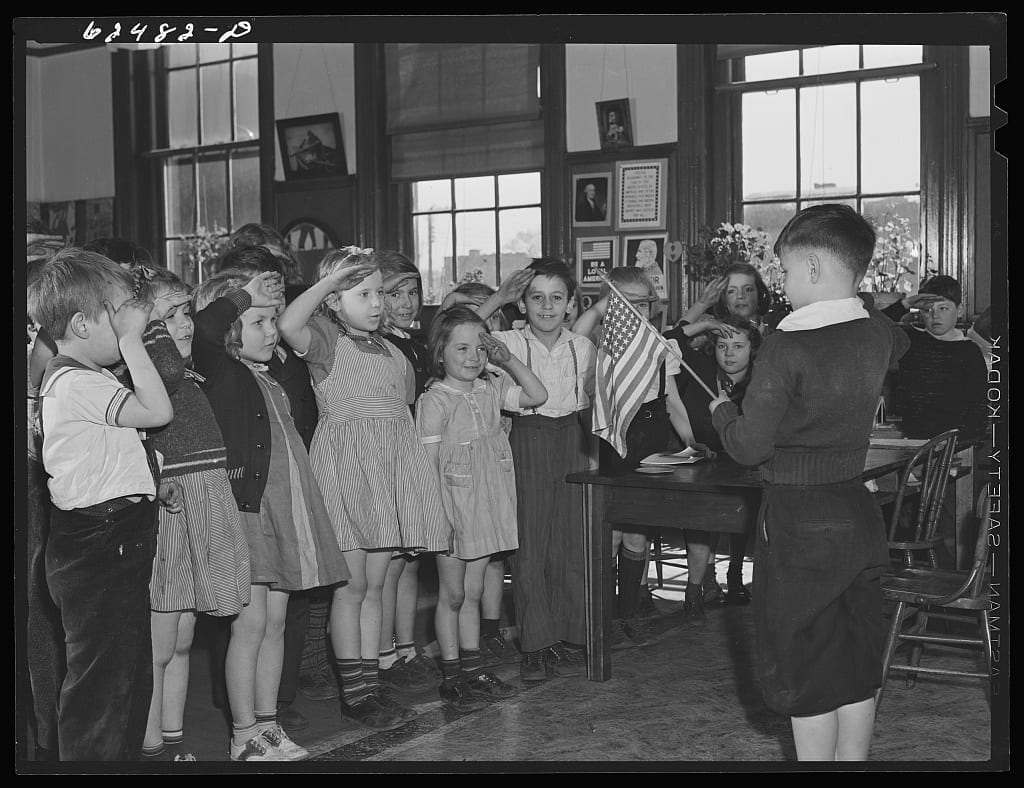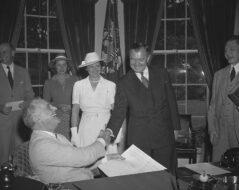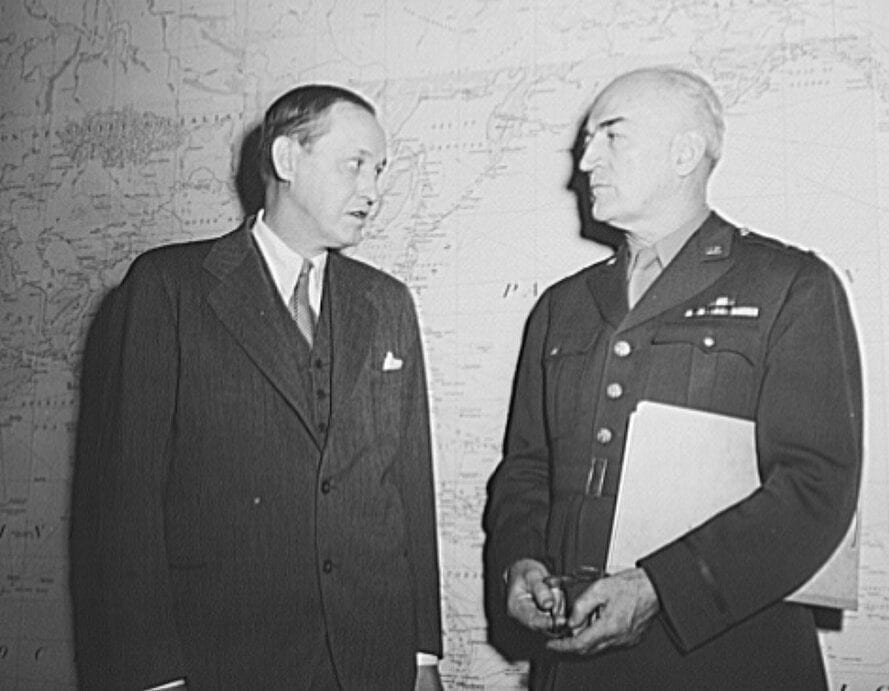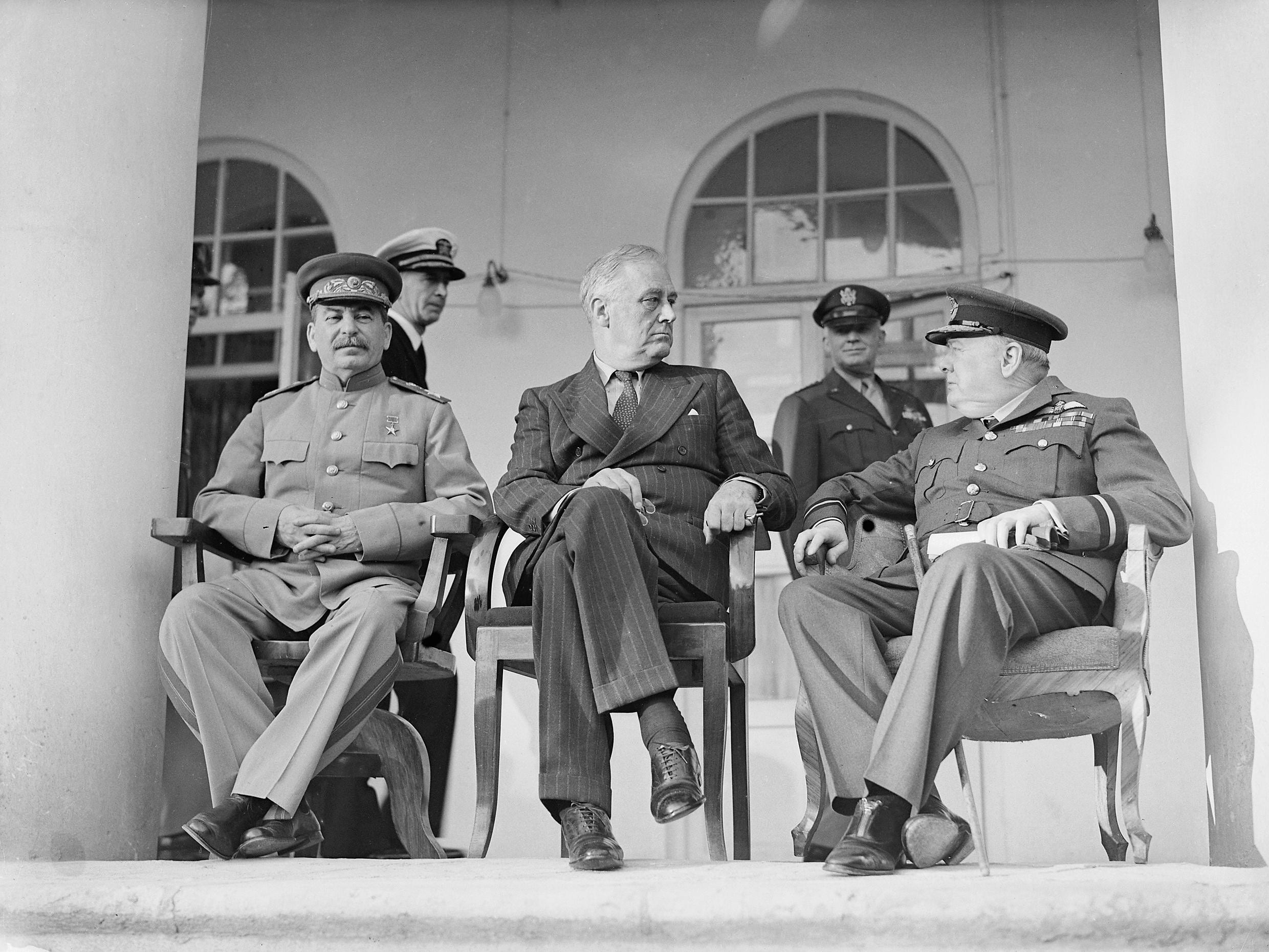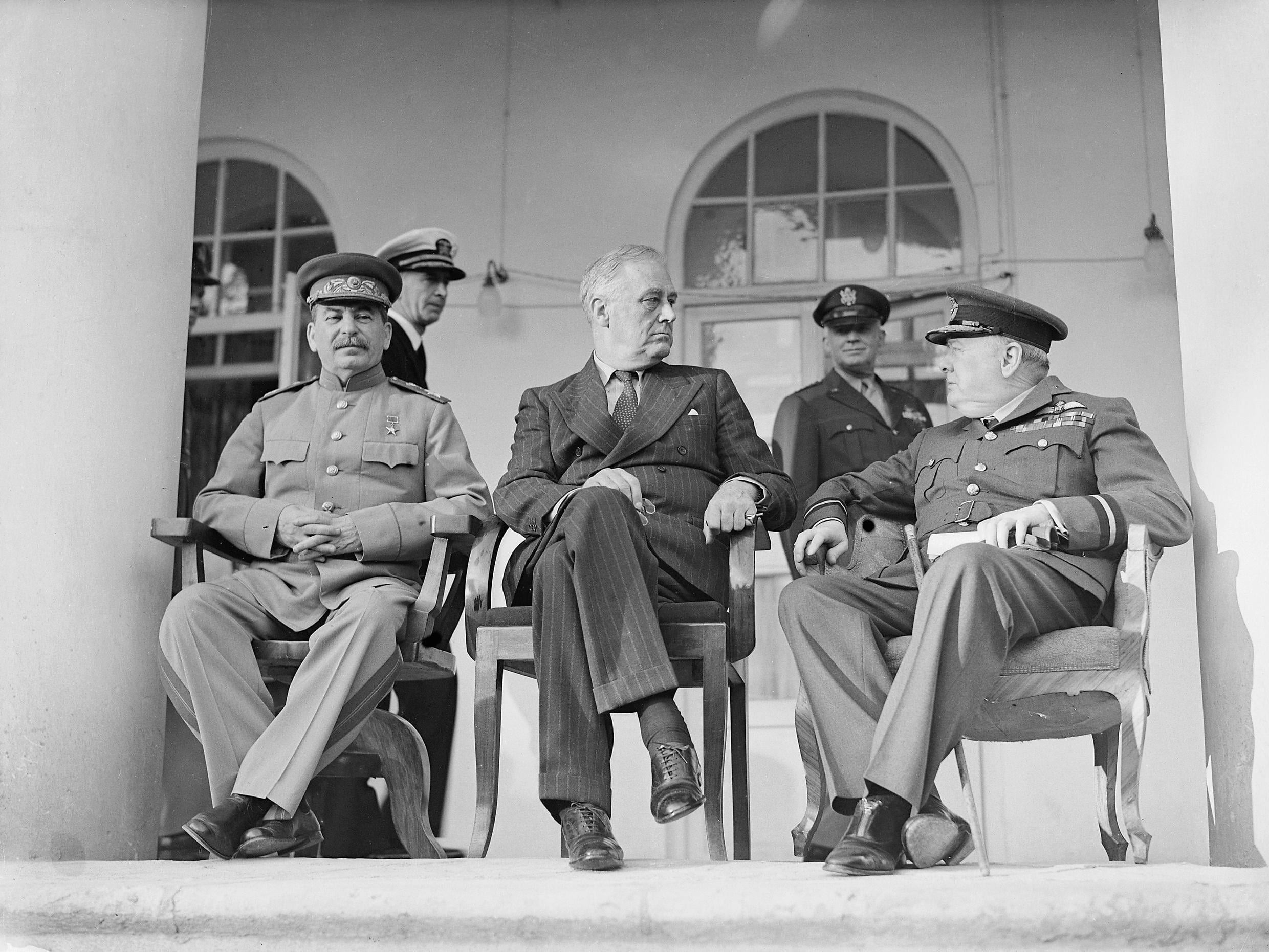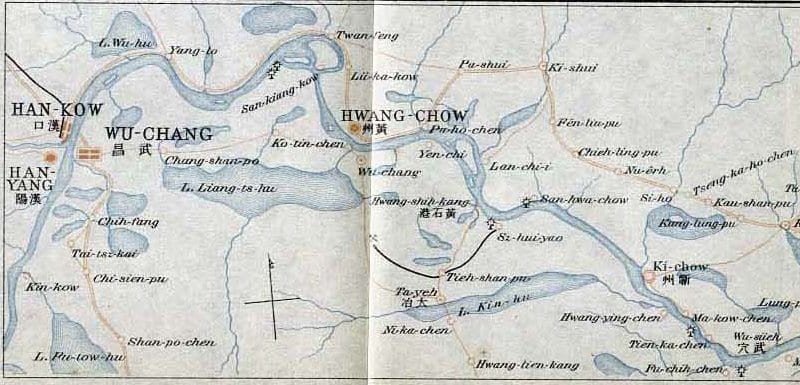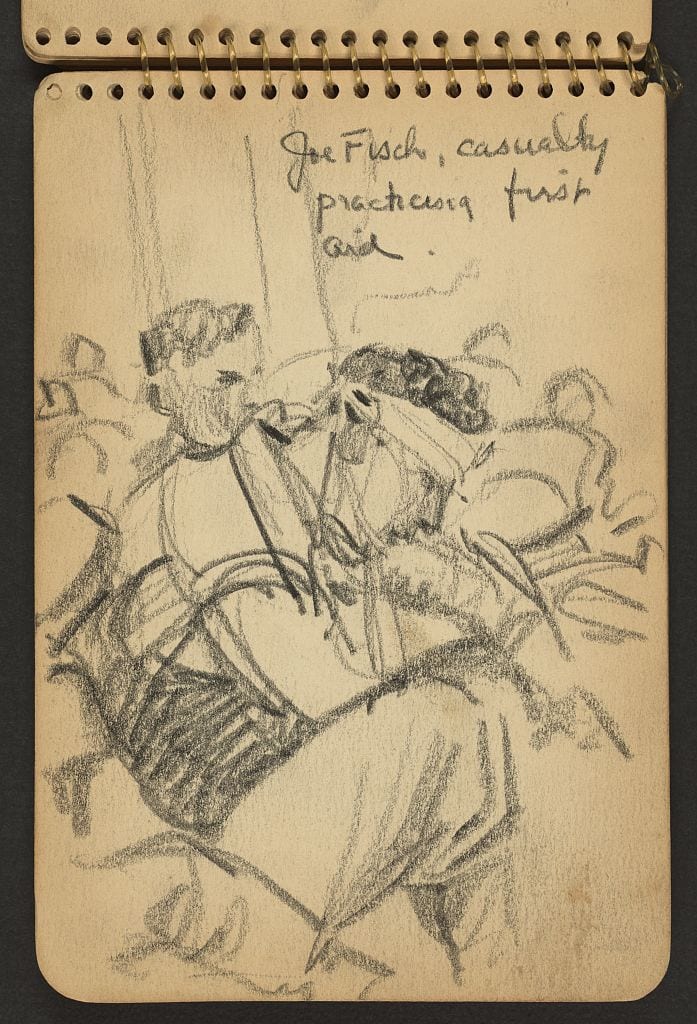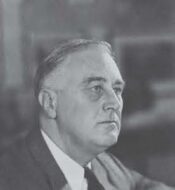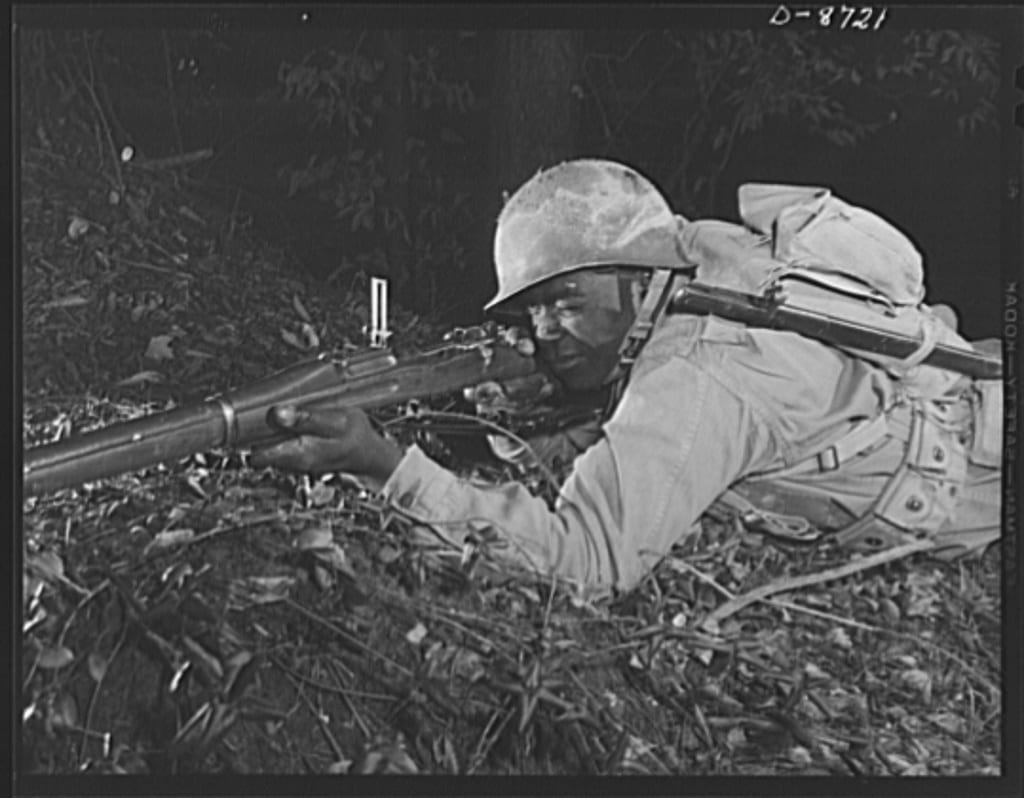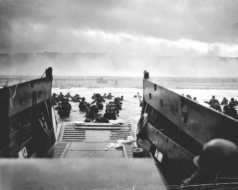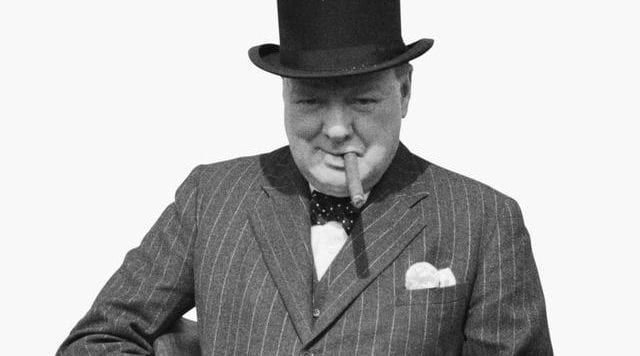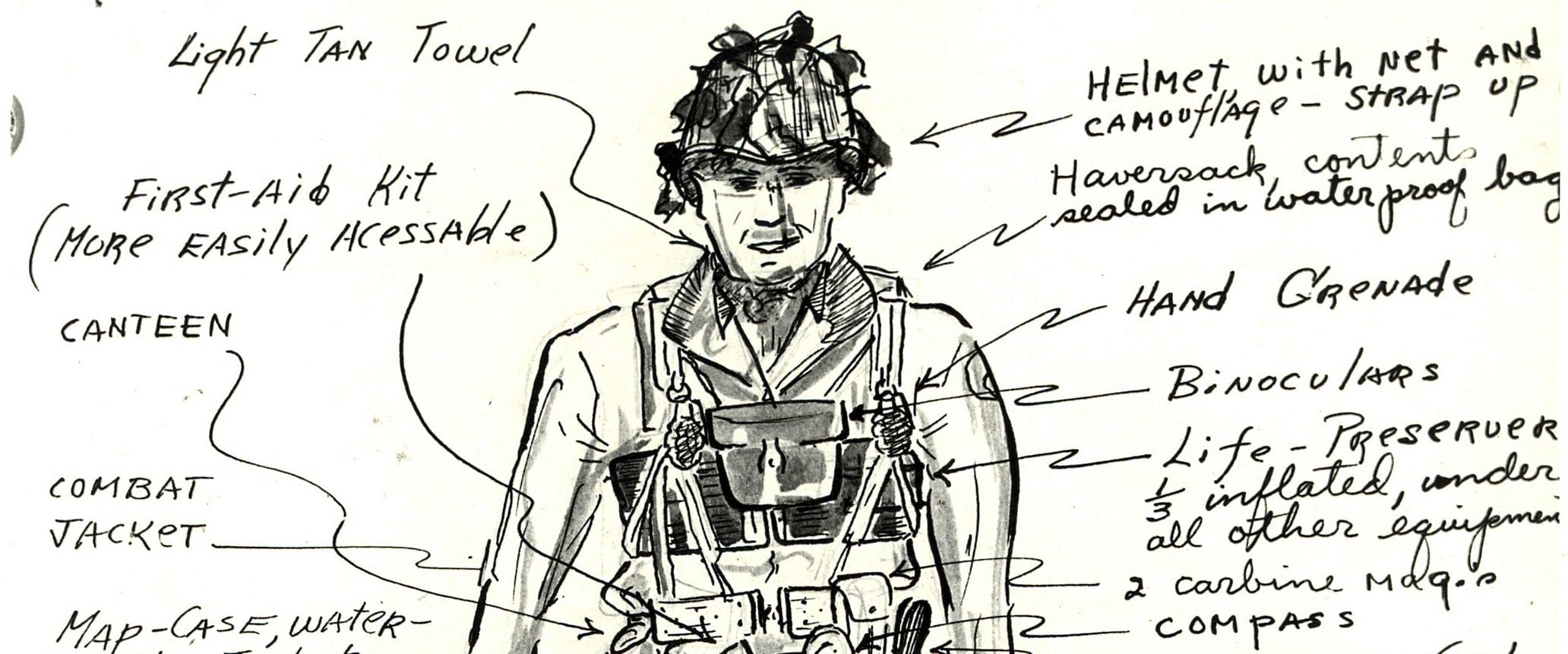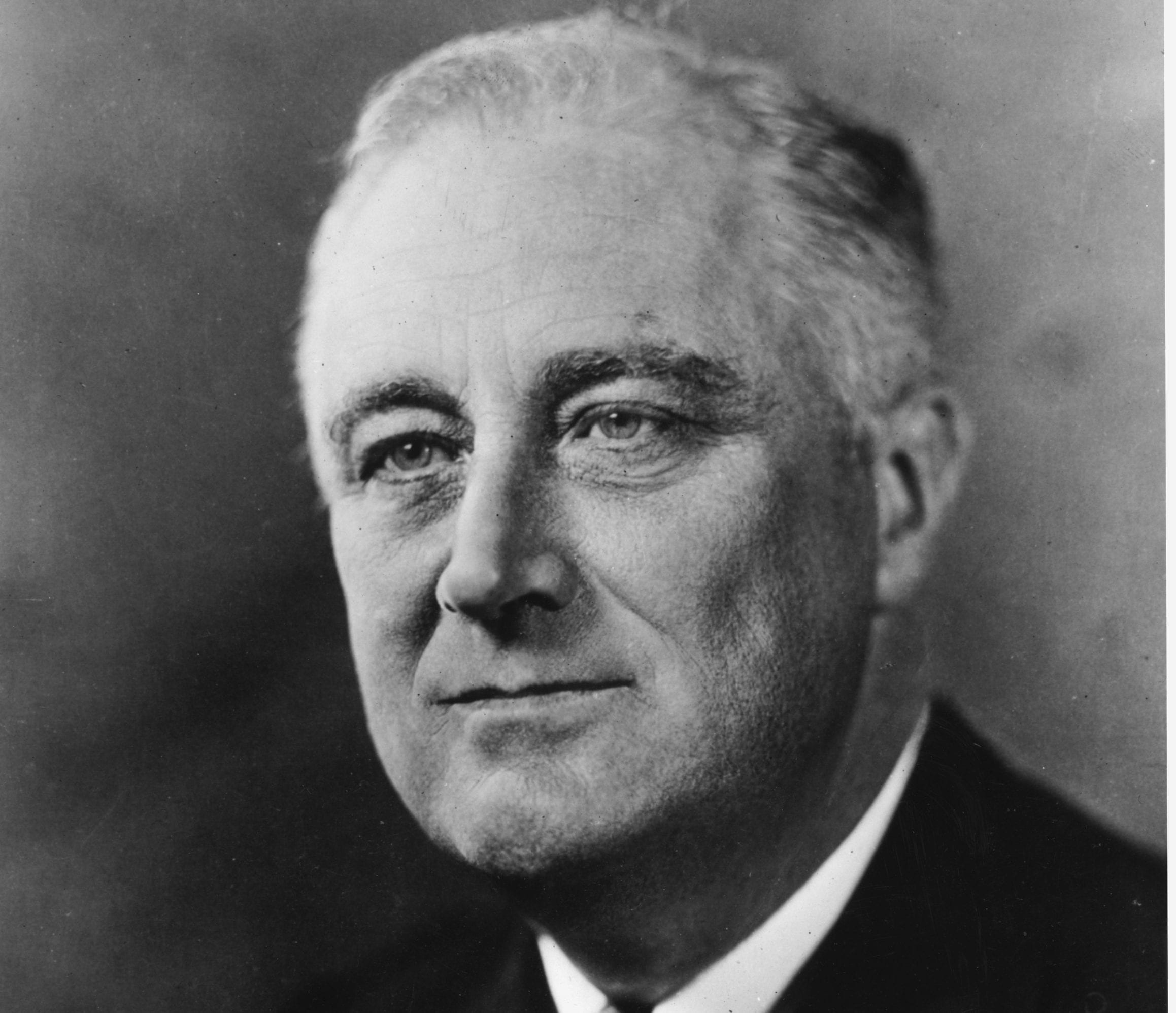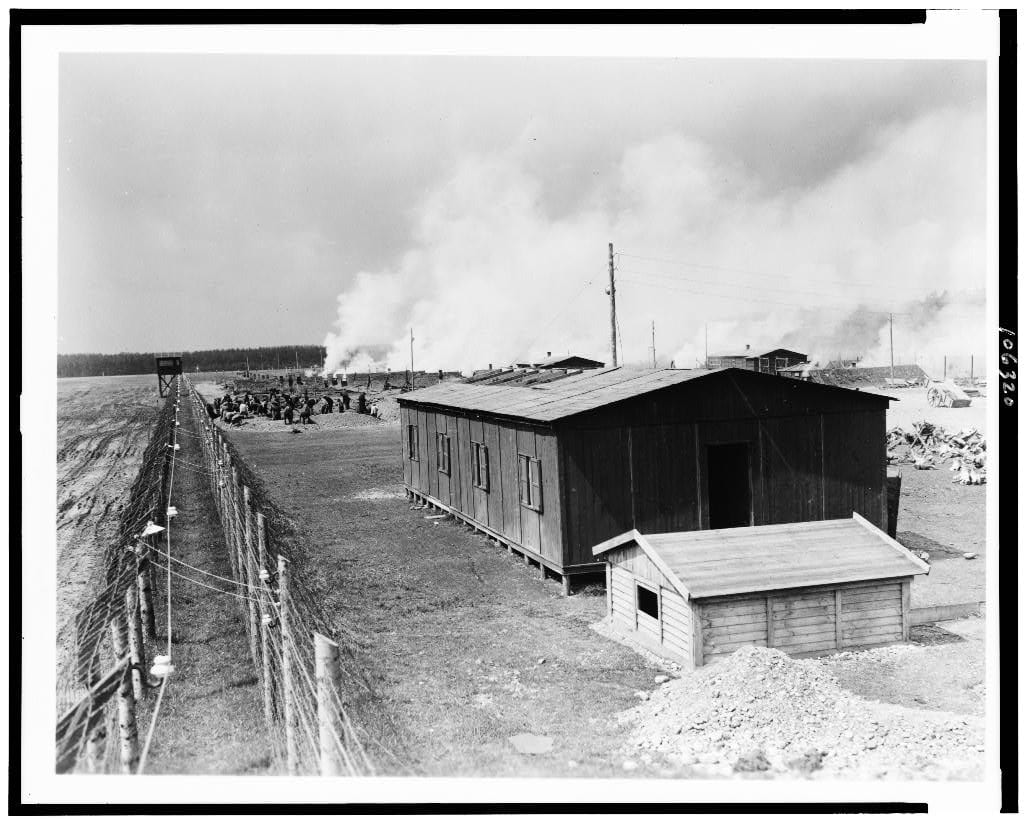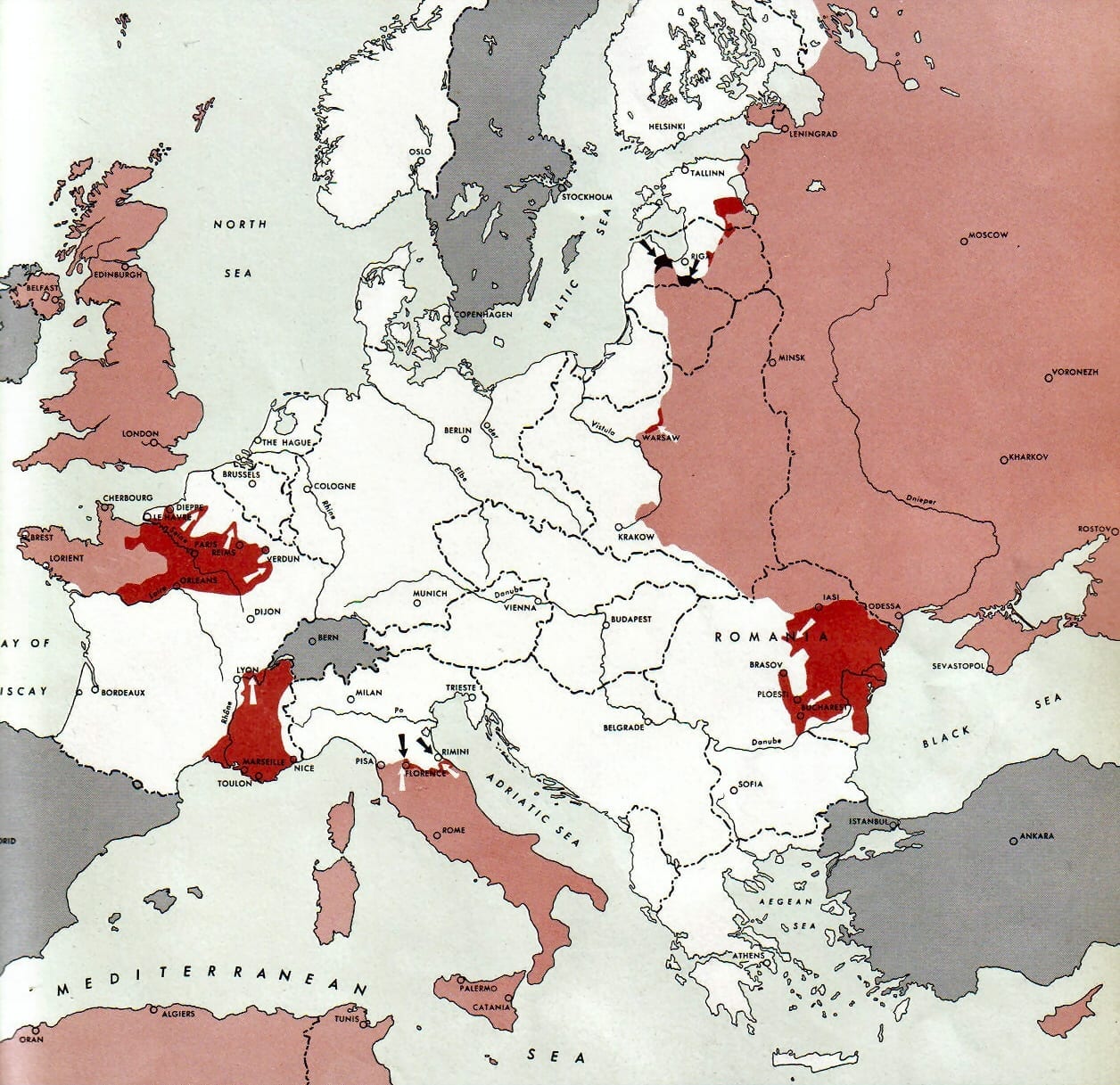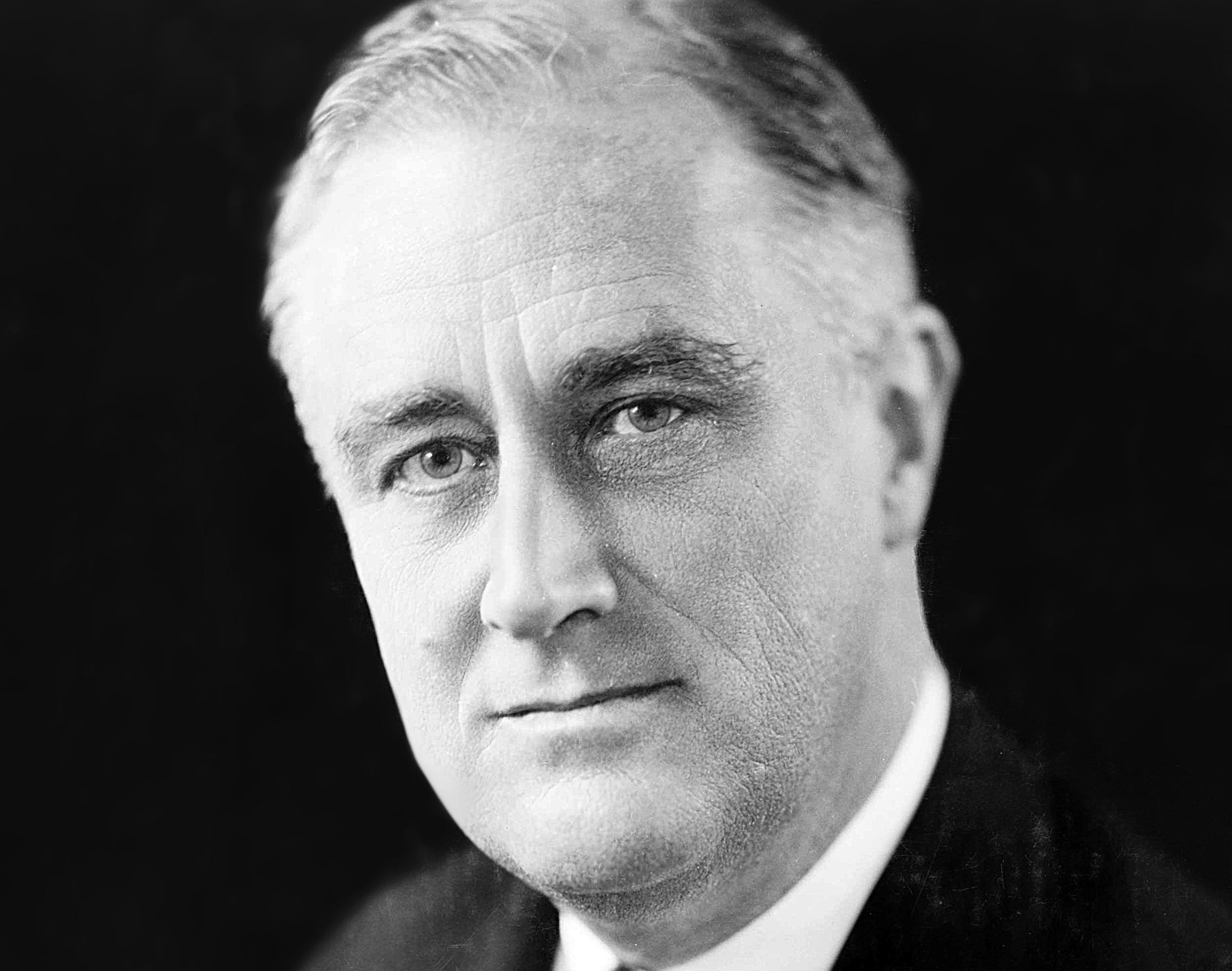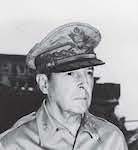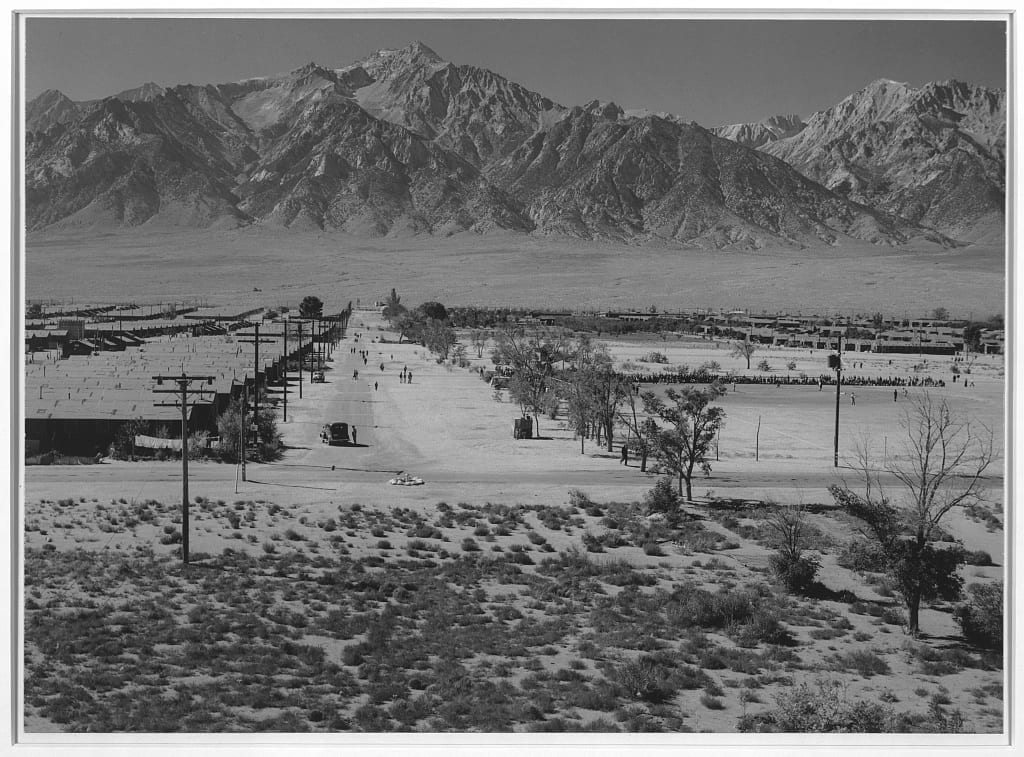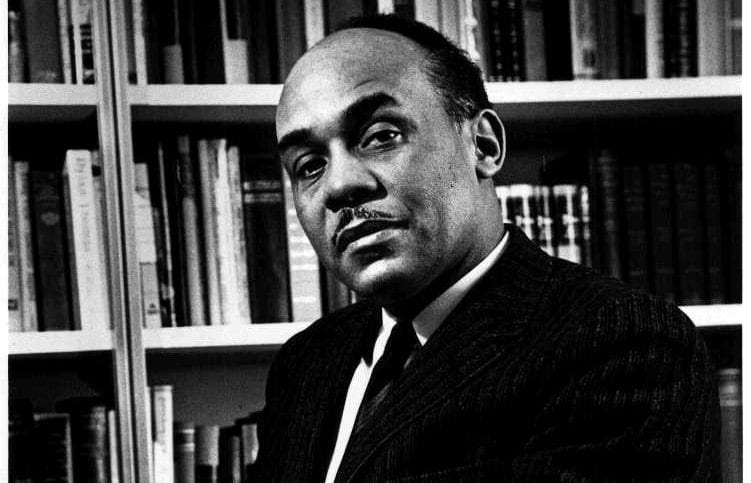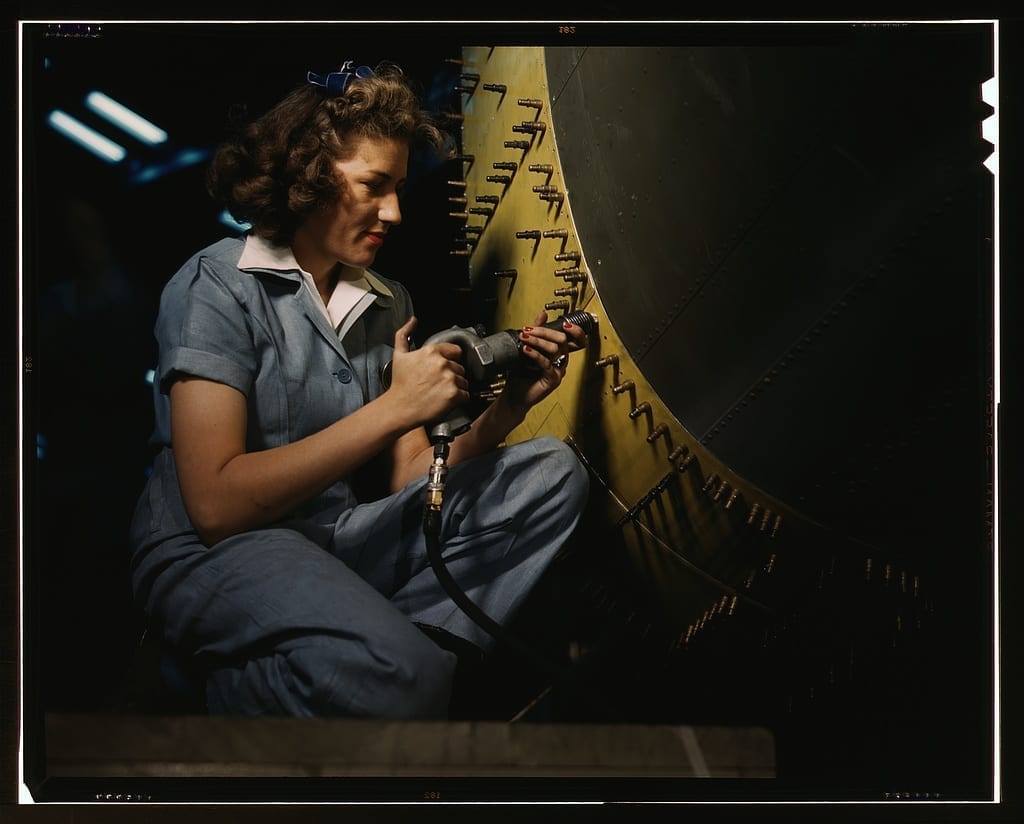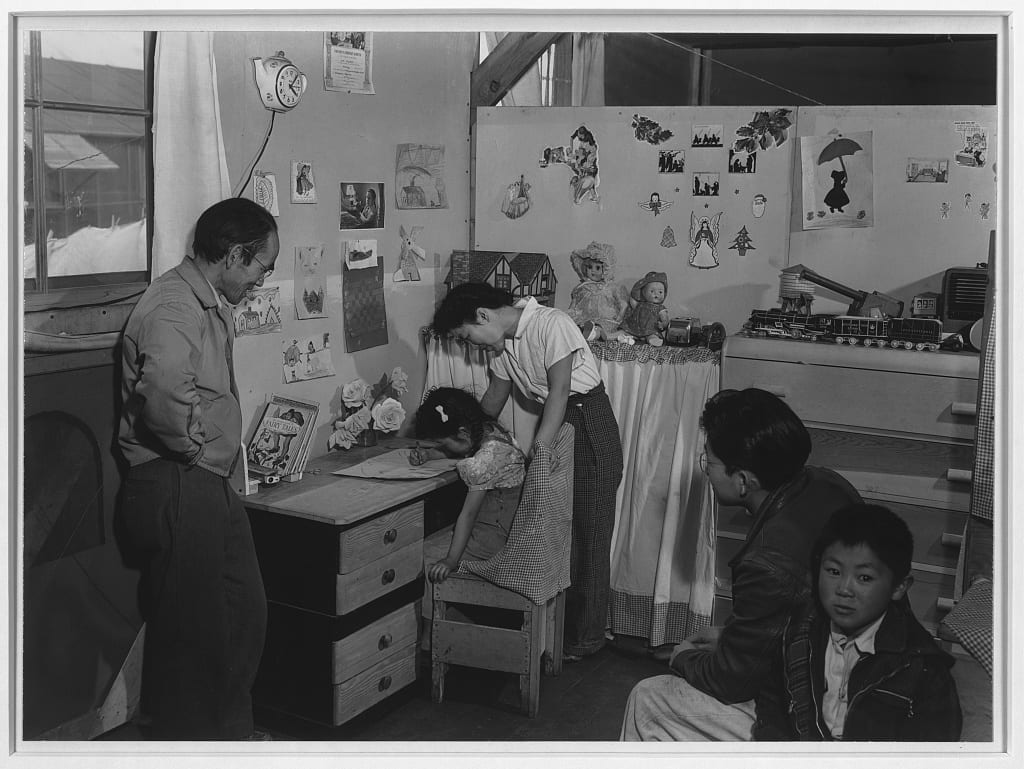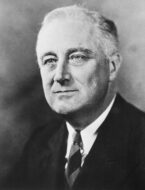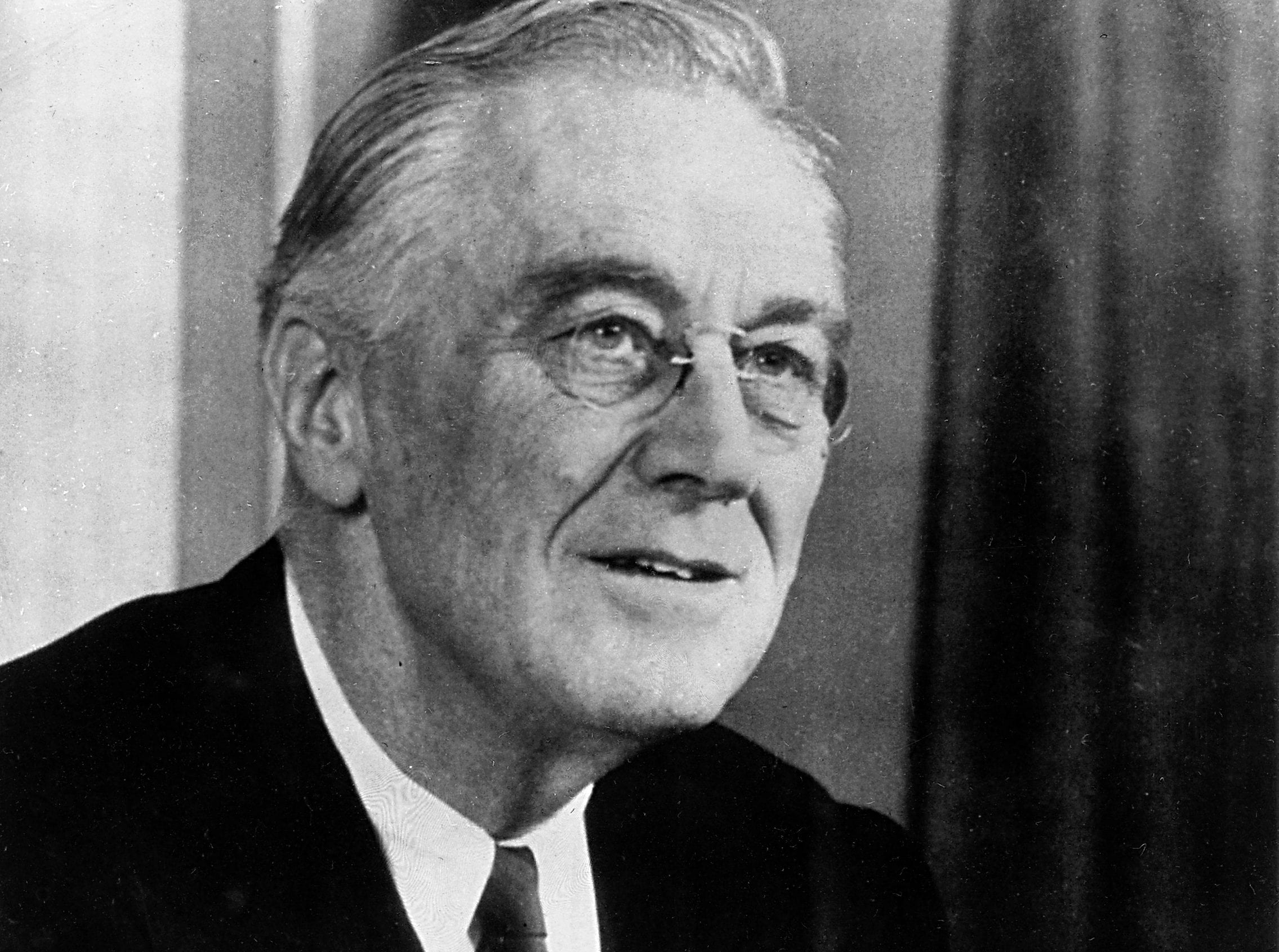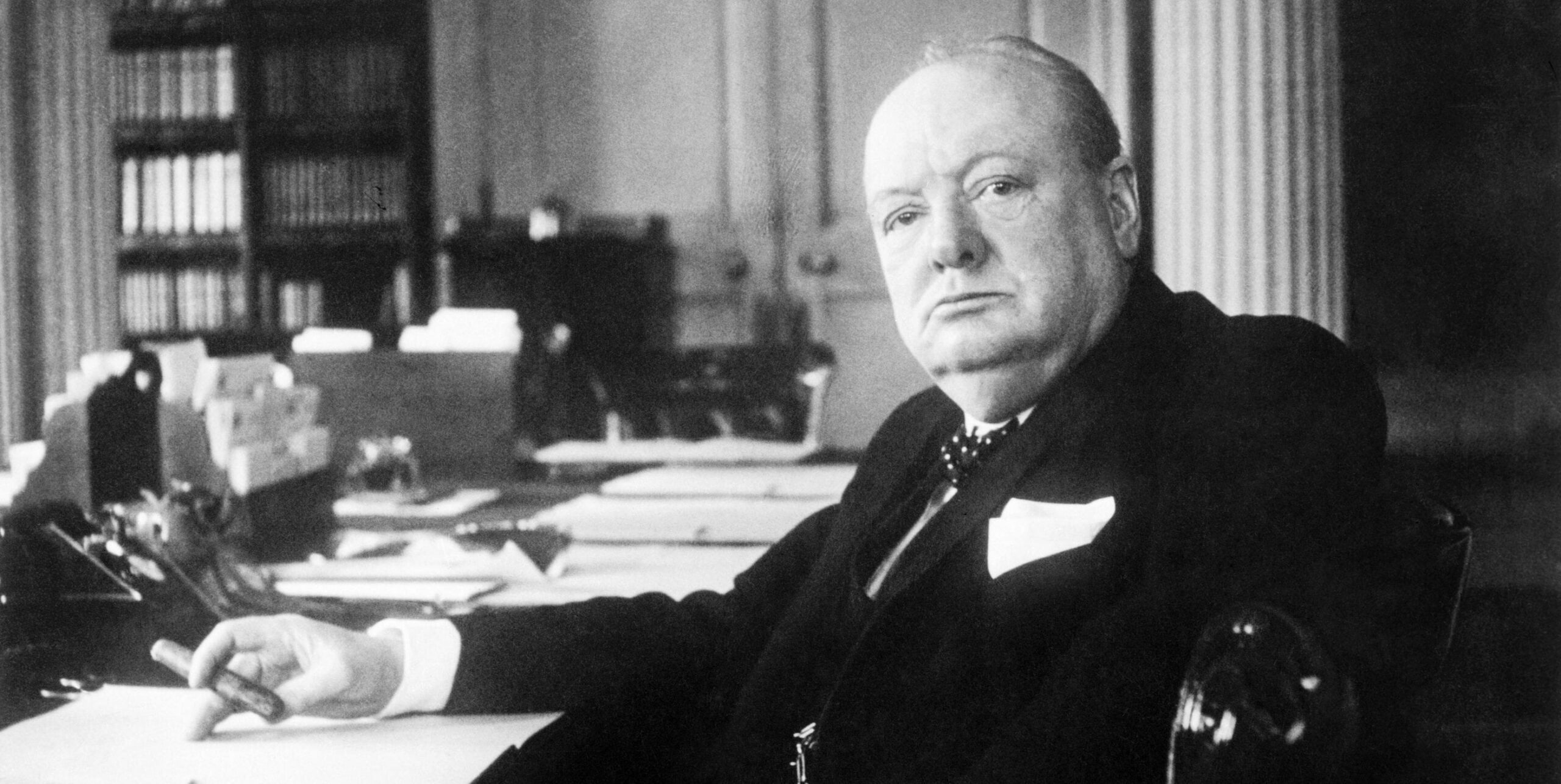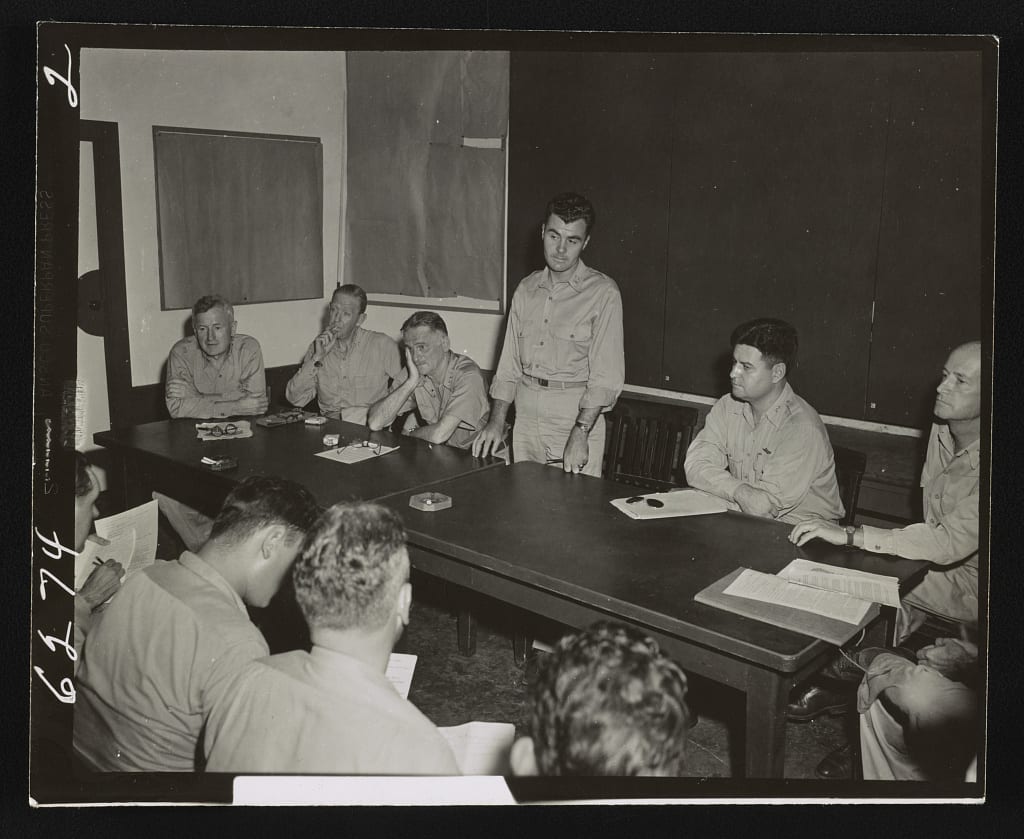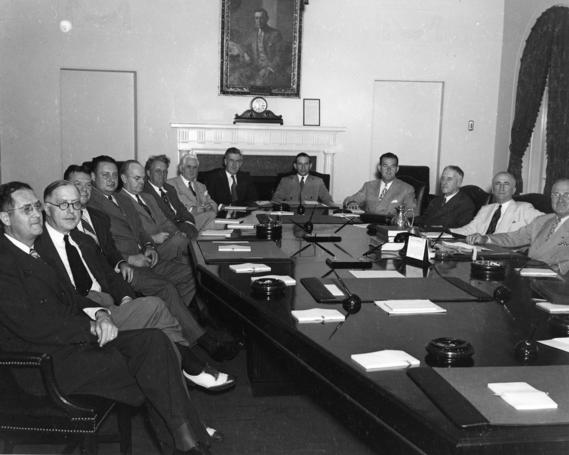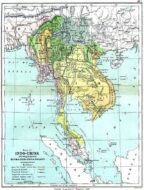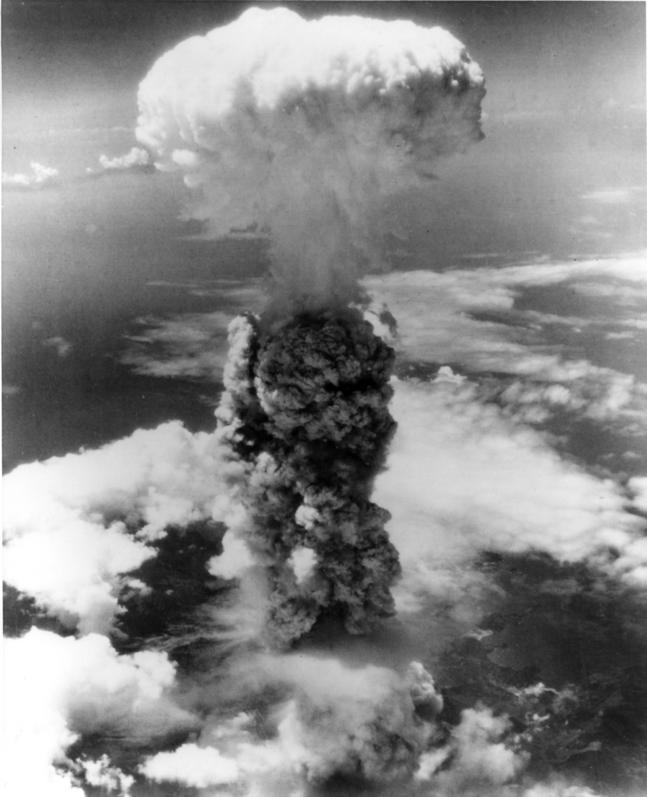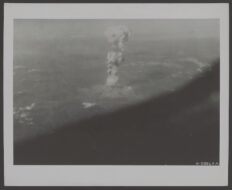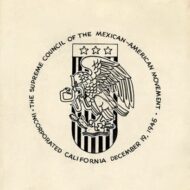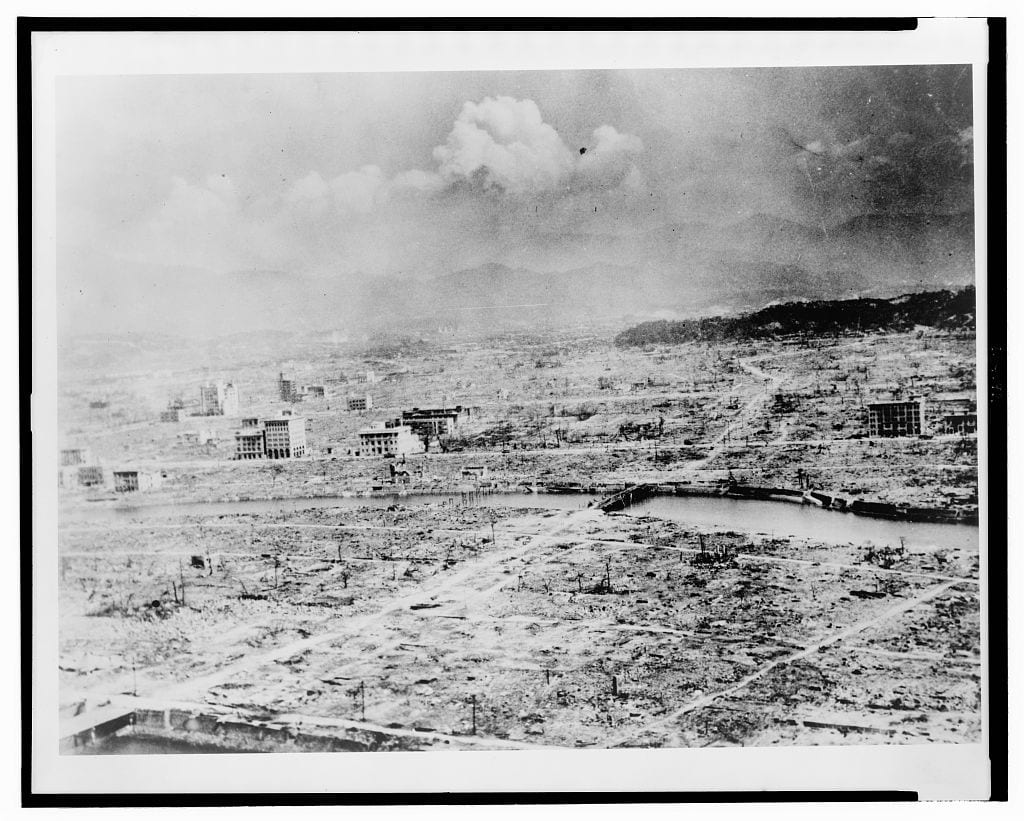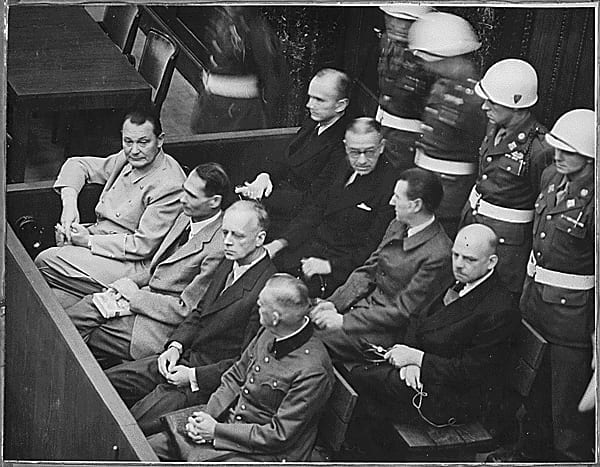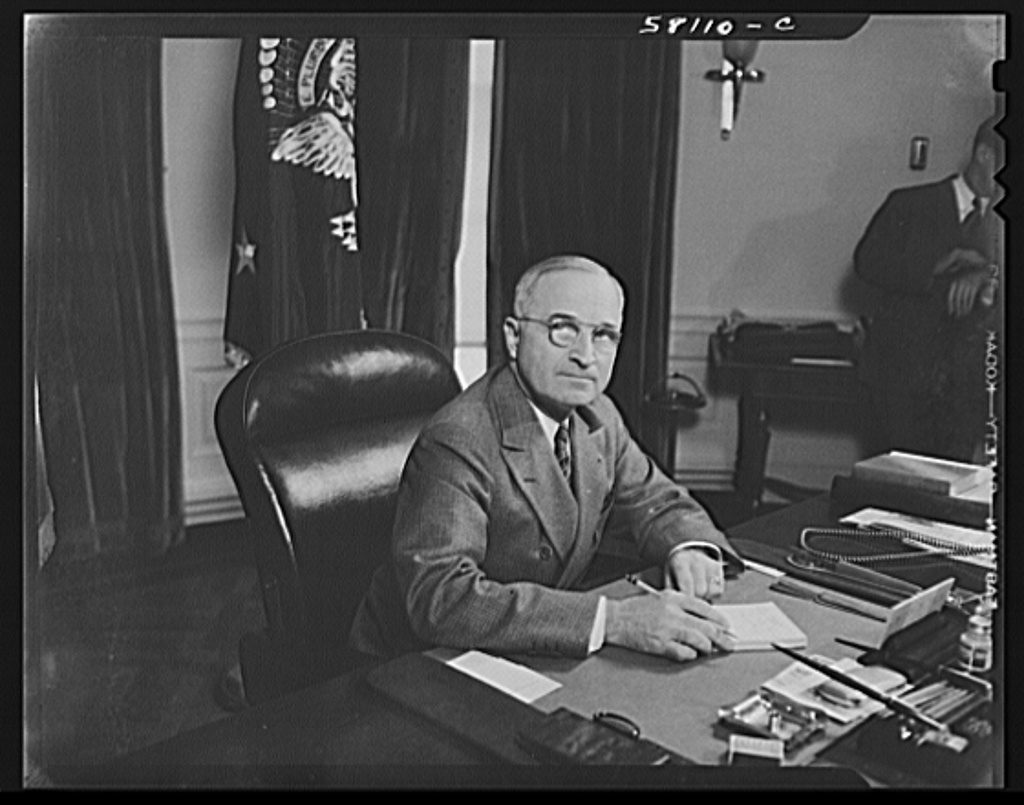Introduction
President Franklin D. Roosevelt’s decision to make the United States the “arsenal of democracy,” as he announced in his fireside chat on December 29, 1940, created numerous high-paying jobs in manufacturing. Yet racial discrimination prevented many African Americans from securing these jobs. In 1941, the labor leader A. Philip Randolph began planning a mass march on Washington, DC to pressure Roosevelt to act. To avoid the embarrassment of a march that showcased American racial problems to the world, Roosevelt convinced Randolph to call off the march in return for Executive Order 8802. Dubbed the “Second Emancipation Proclamation,” EO 8802 was the first time since Reconstruction that the federal government had acted to explicitly protect the rights of African Americans.
—Jennifer D. Keene
Source: “Executive Order 8802,” in 100 Milestone Documents, an online library compiled by the “Our Documents” Initiative, a cooperative effort of the National Archives and Records Administration with National History Day and USA Freedom Corps. https://goo.gl/VUHPqx
Whereas it is the policy of the United States to encourage full participation in the national defense program by all citizens of the United States, regardless of race, creed, color, or national origin, in the firm belief that the democratic way of life within the Nation can be defended successfully only with the help and support of all groups within its borders; and
Whereas there is evidence that available and needed workers have been barred from employment in industries engaged in defense production solely because of consideration of race, creed, color, or national origin, to the detriment of workers’ morale and of national unity:
Now, Therefore, by virtue of the authority vested in me by the Constitution and the statutes, and as a prerequisite to the successful conduct of our national defense production effort, I do hereby reaffirm the policy of the United States that there shall be no discrimination in the employment of workers in defense industries or government because of race, creed, color, or national origin, and I do hereby declare that it is the duty of employers and of labor organizations, in furtherance of said policy and of this Order, to provide for the full and equitable participation of all workers in defense industries, without discrimination because of race, creed, color, or national origin;
And it is hereby ordered as follows:
- All departments and agencies of the Government of the United States concerned with vocational and training programs for defense production shall take special measures appropriate to assure that such programs are administered without discrimination because of race, creed, color, or national origin;
- All contracting agencies of the Government of the United States shall include in all defense contracts hereafter negotiated by them a provision obligating the contractor not to discriminate against any worker because of race, creed, color, or national origin;
- There is established in the Office of Production Management a Committee on Fair Employment Practice, which shall consist of a Chairman and four other members to be appointed by the President. The Chairman and members of the Committee shall serve as such without compensation but shall be entitled to actual and necessary transportation, subsistence, and other expenses incidental to performance of their duties. The Committee shall receive and investigate complaints of discrimination in violation of the provisions of this Order and shall take appropriate steps to redress grievances which it finds to be valid. The Committee shall also recommend to the several departments and agencies of the Government of the United States and to the President all measures which may be deemed by it necessary or proper to effectuate the provisions of this Order.
Franklin D. Roosevelt


